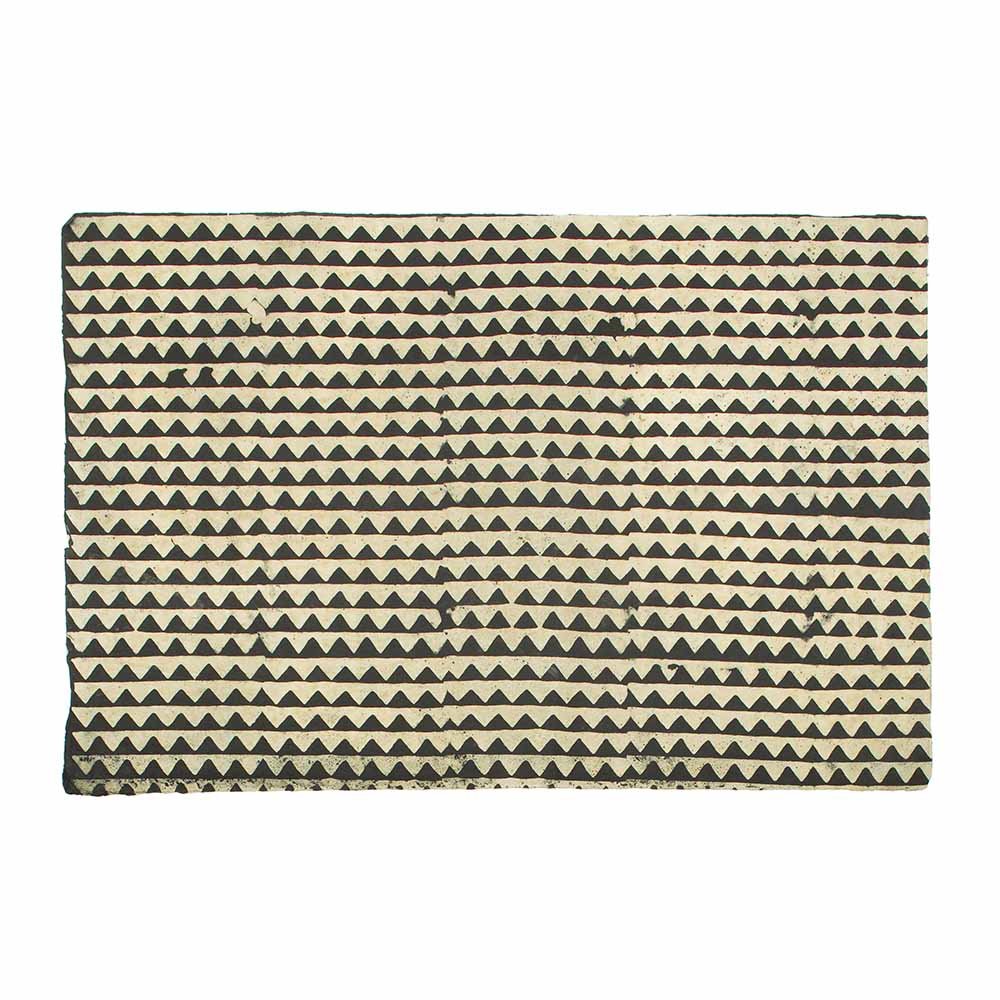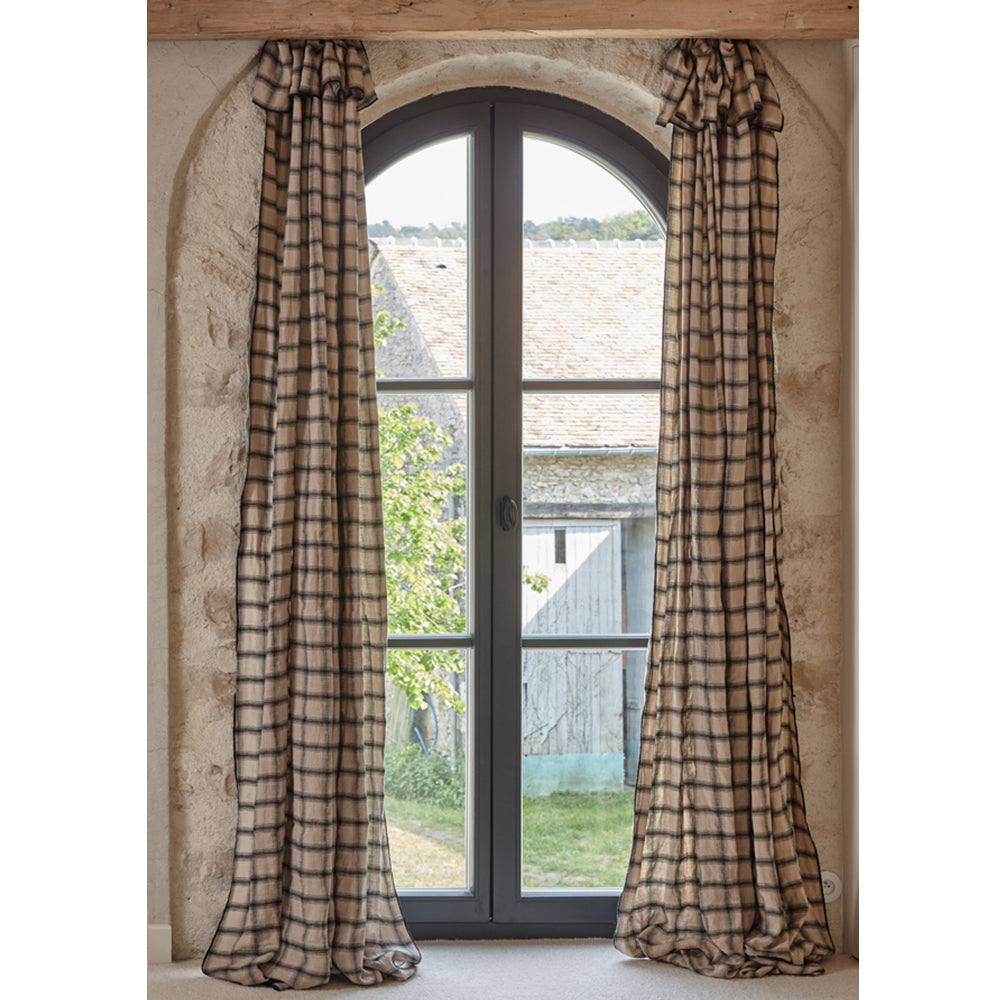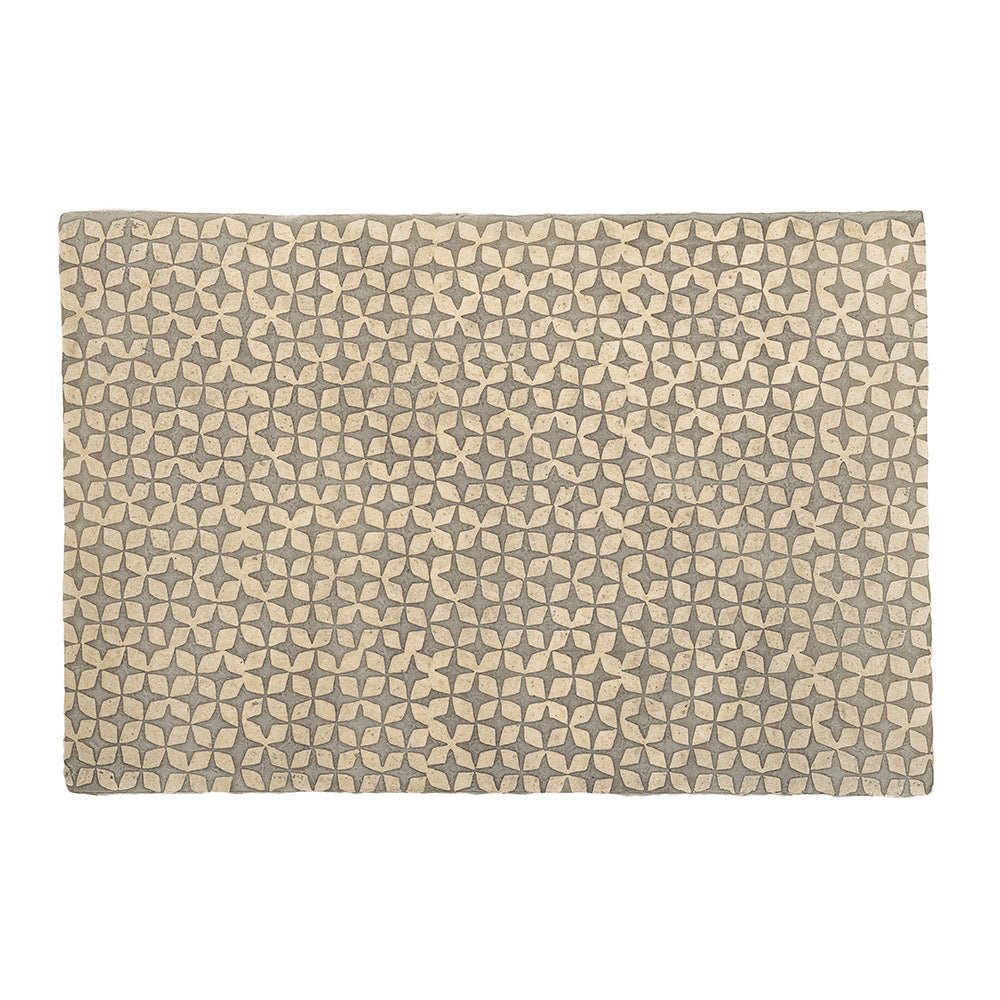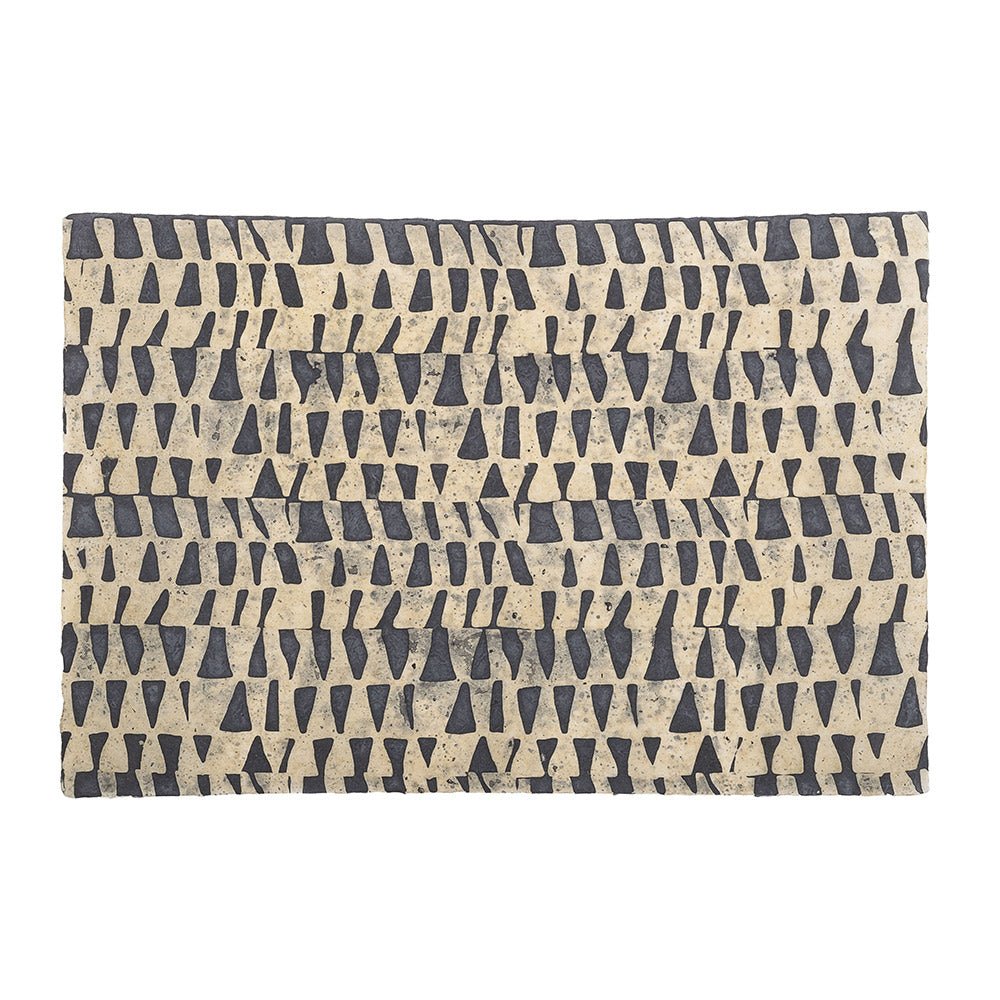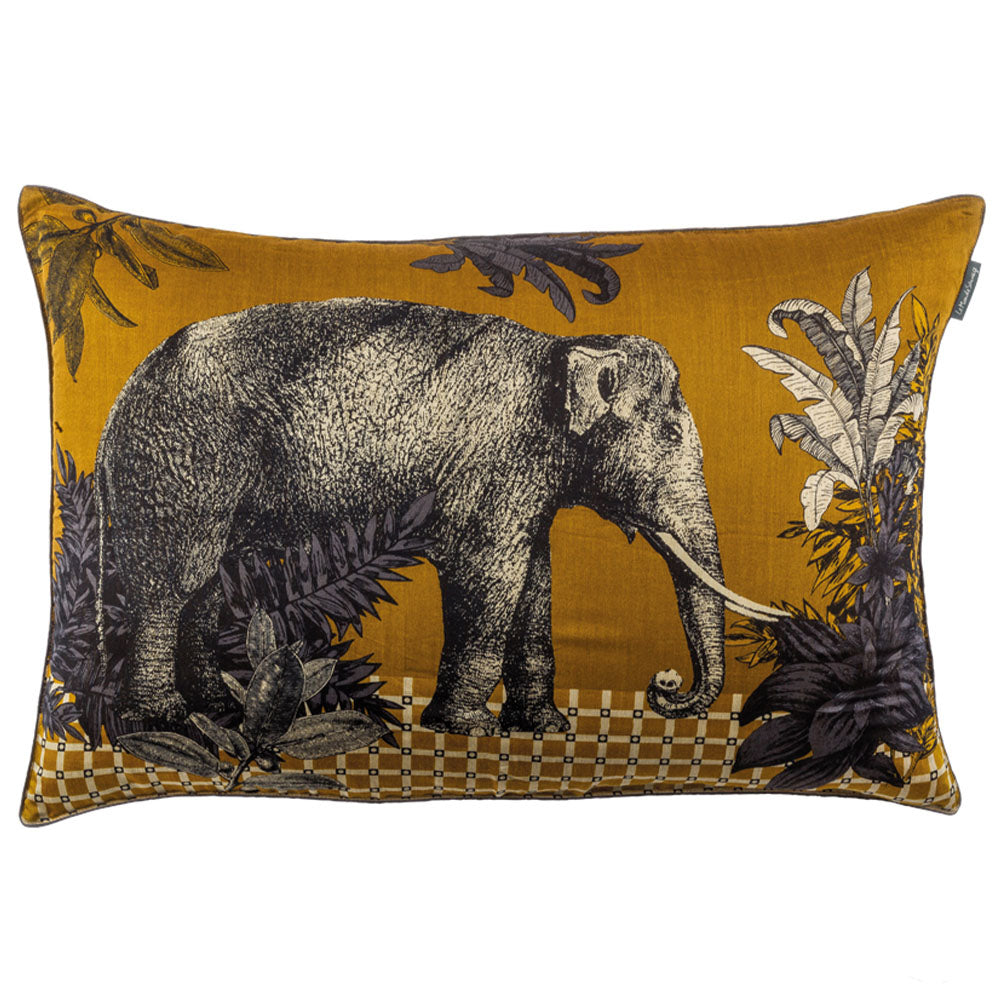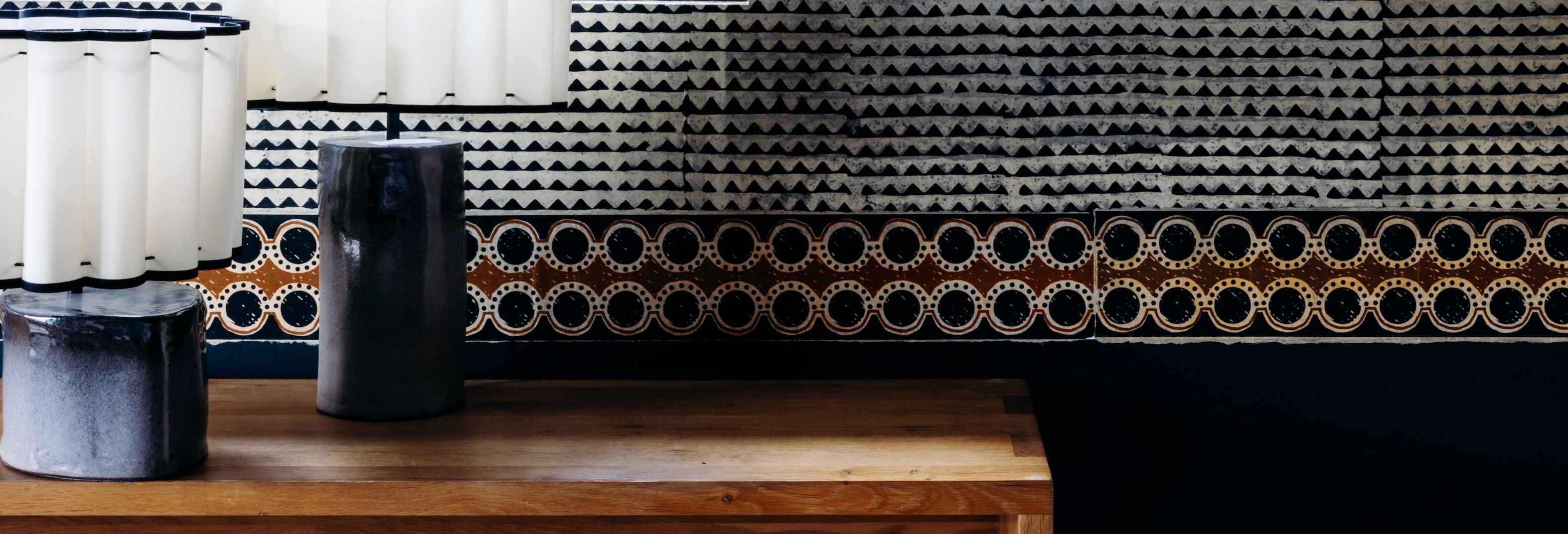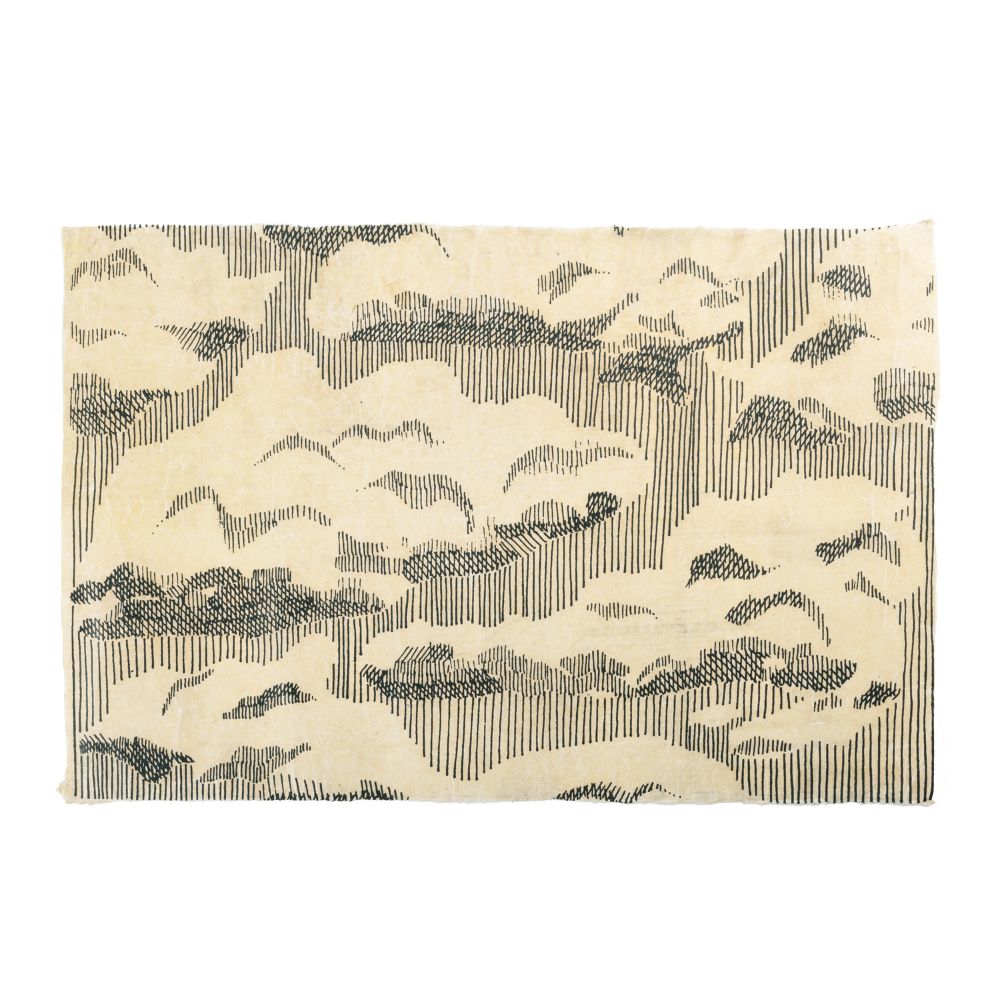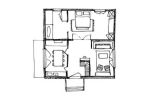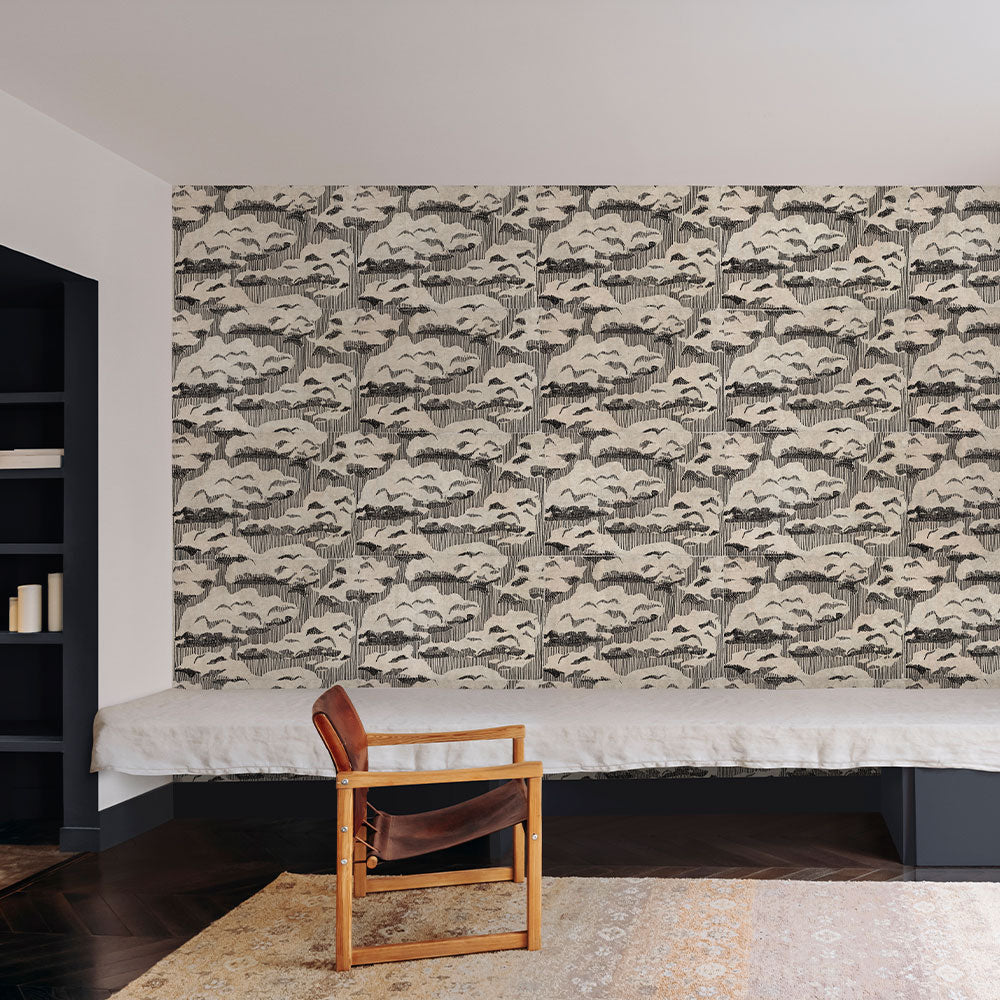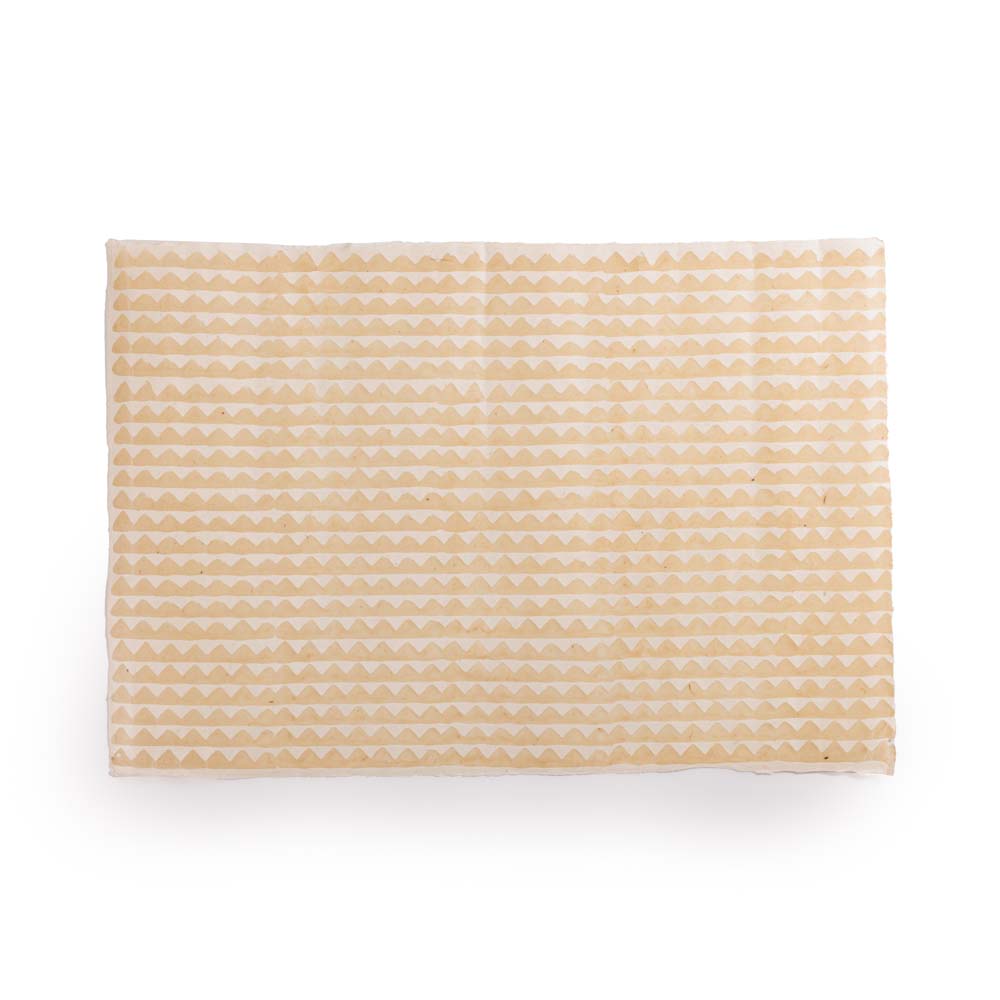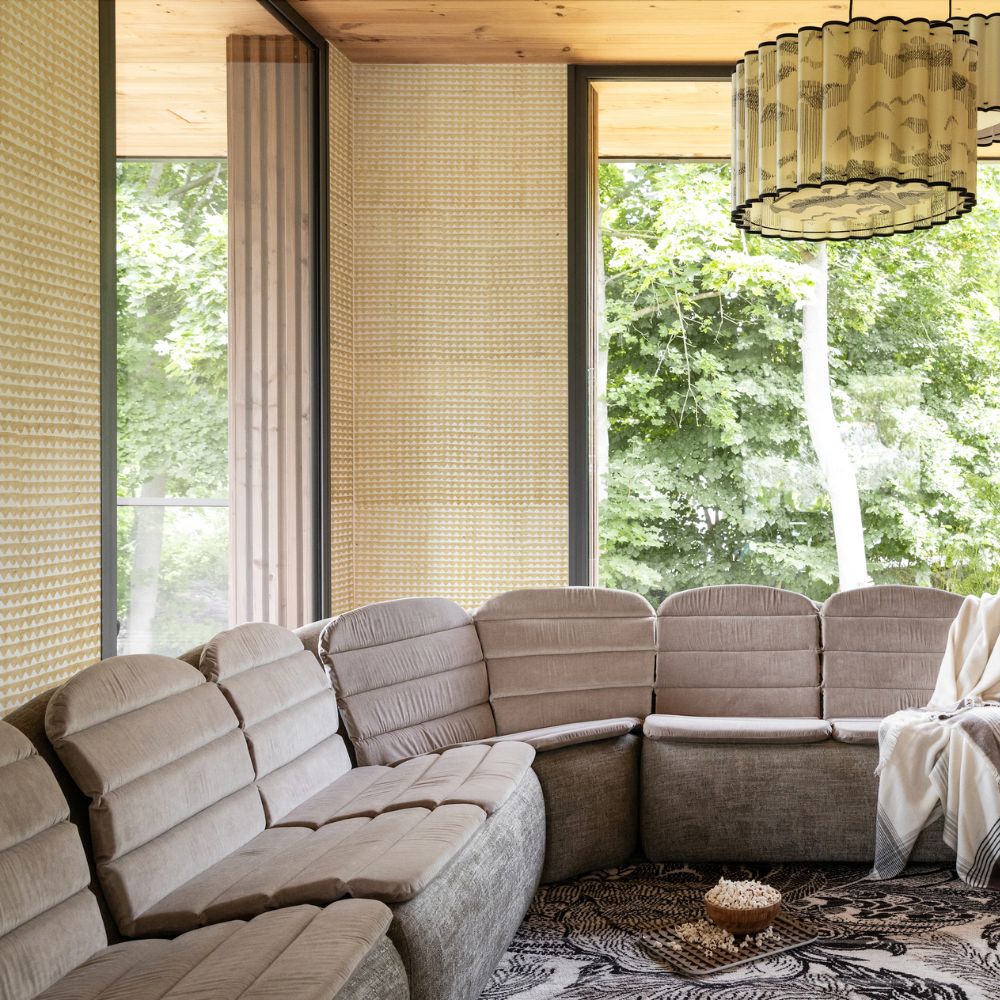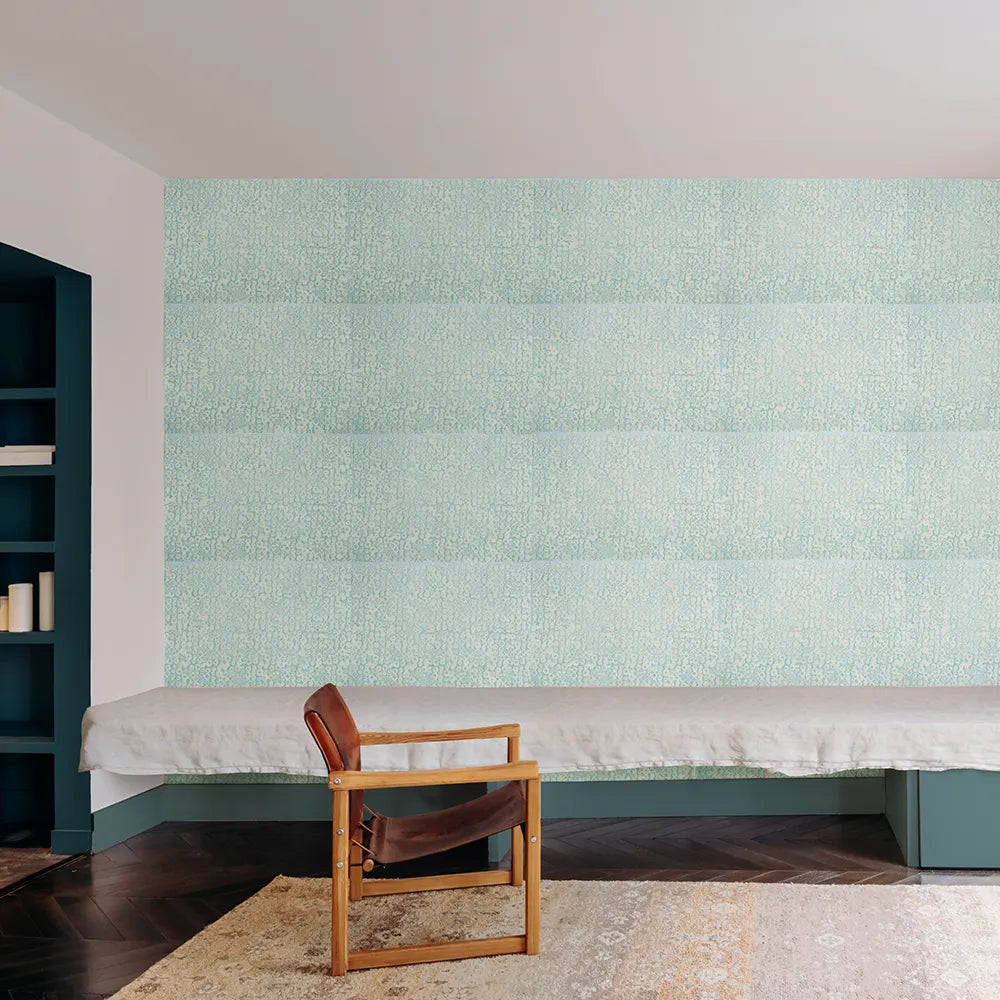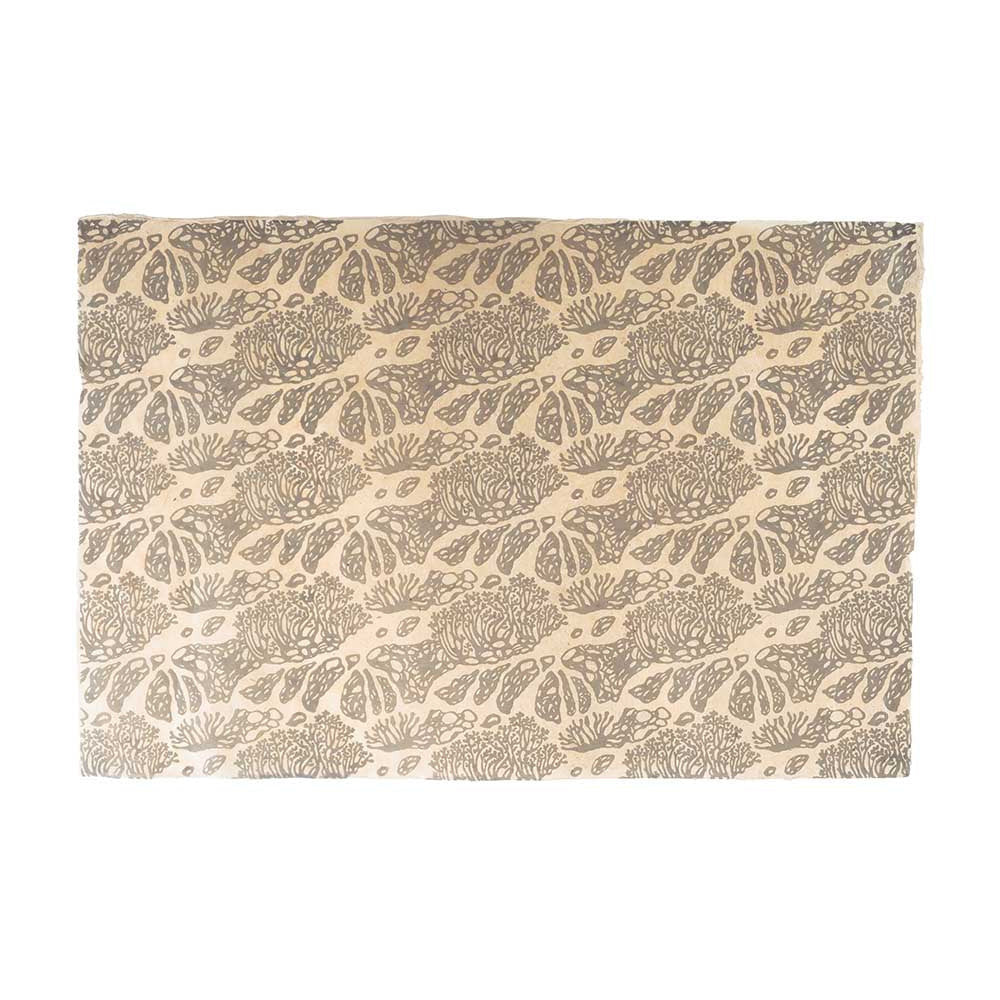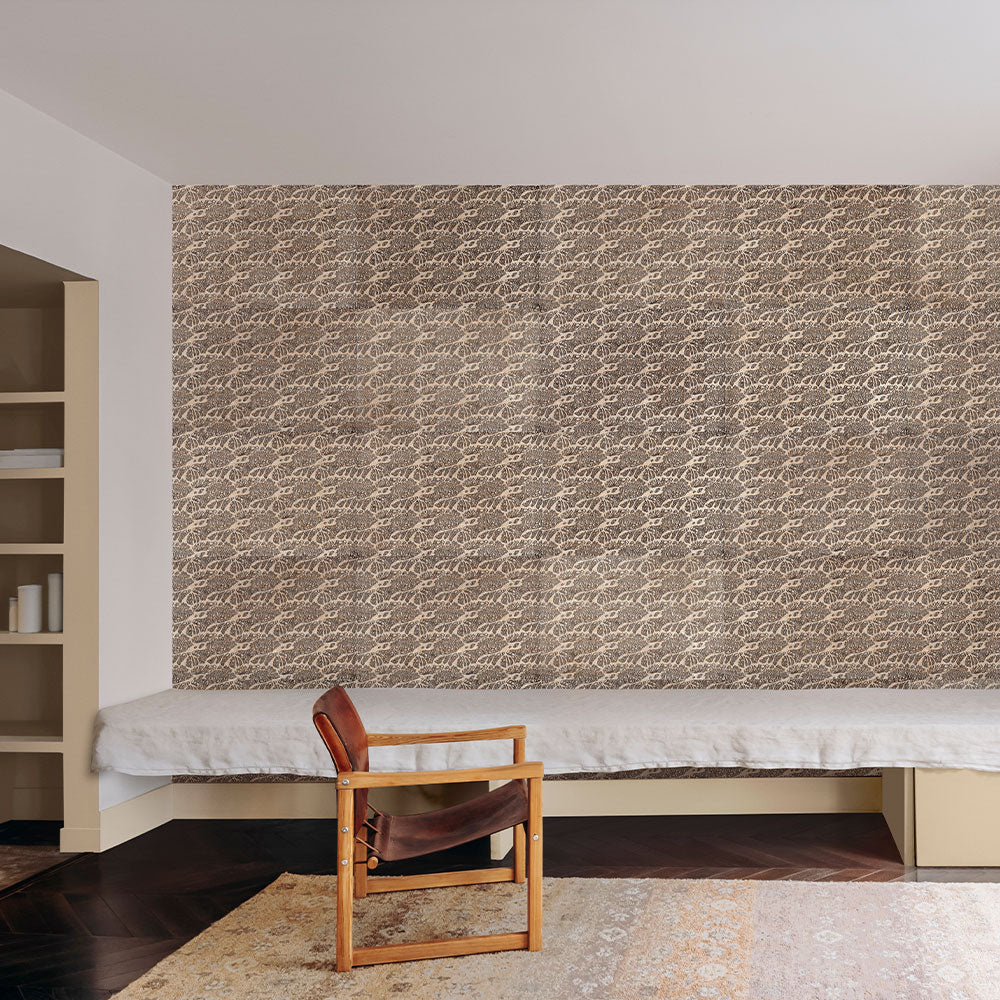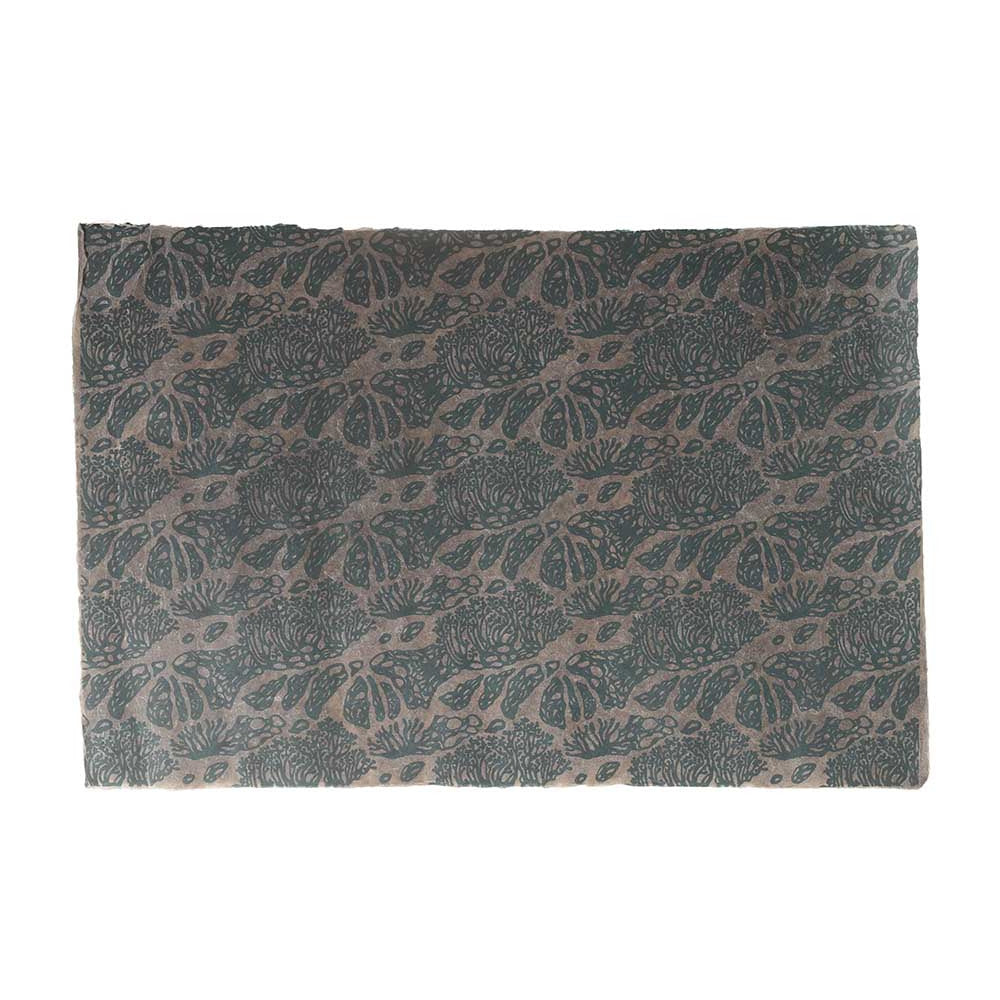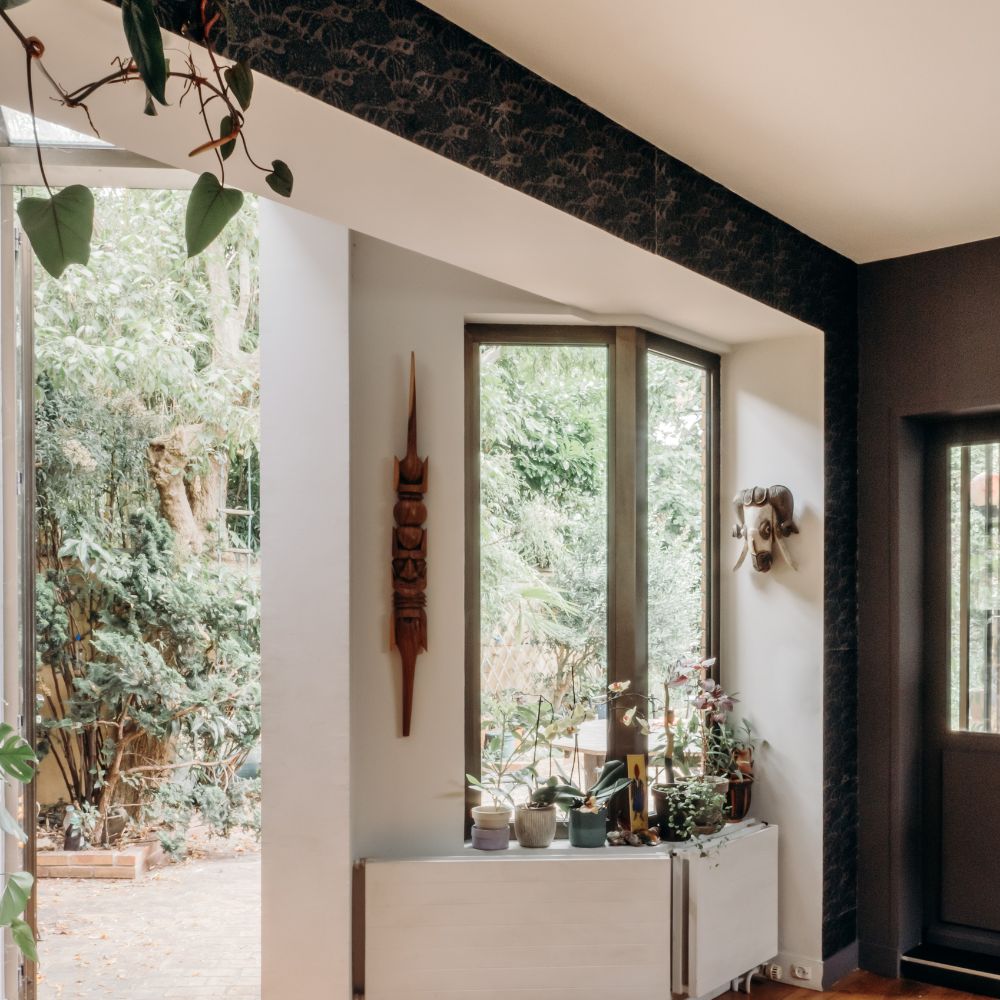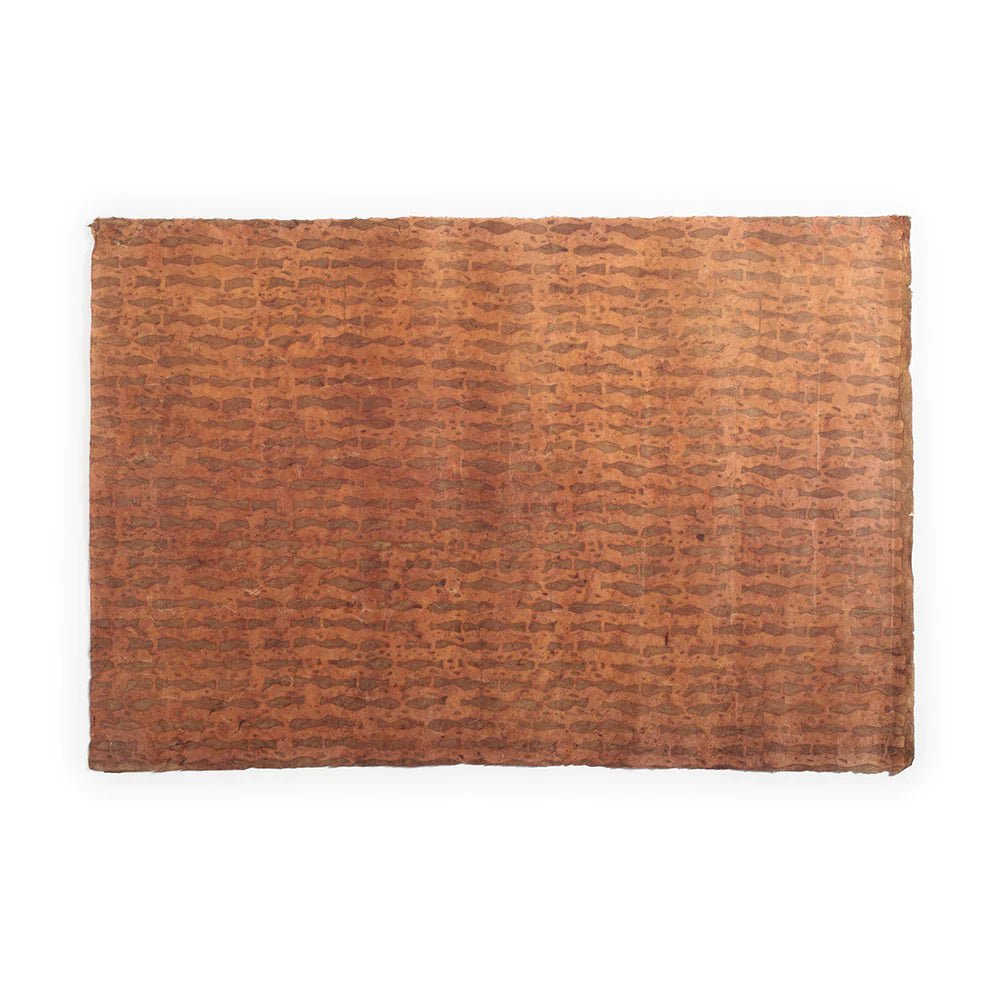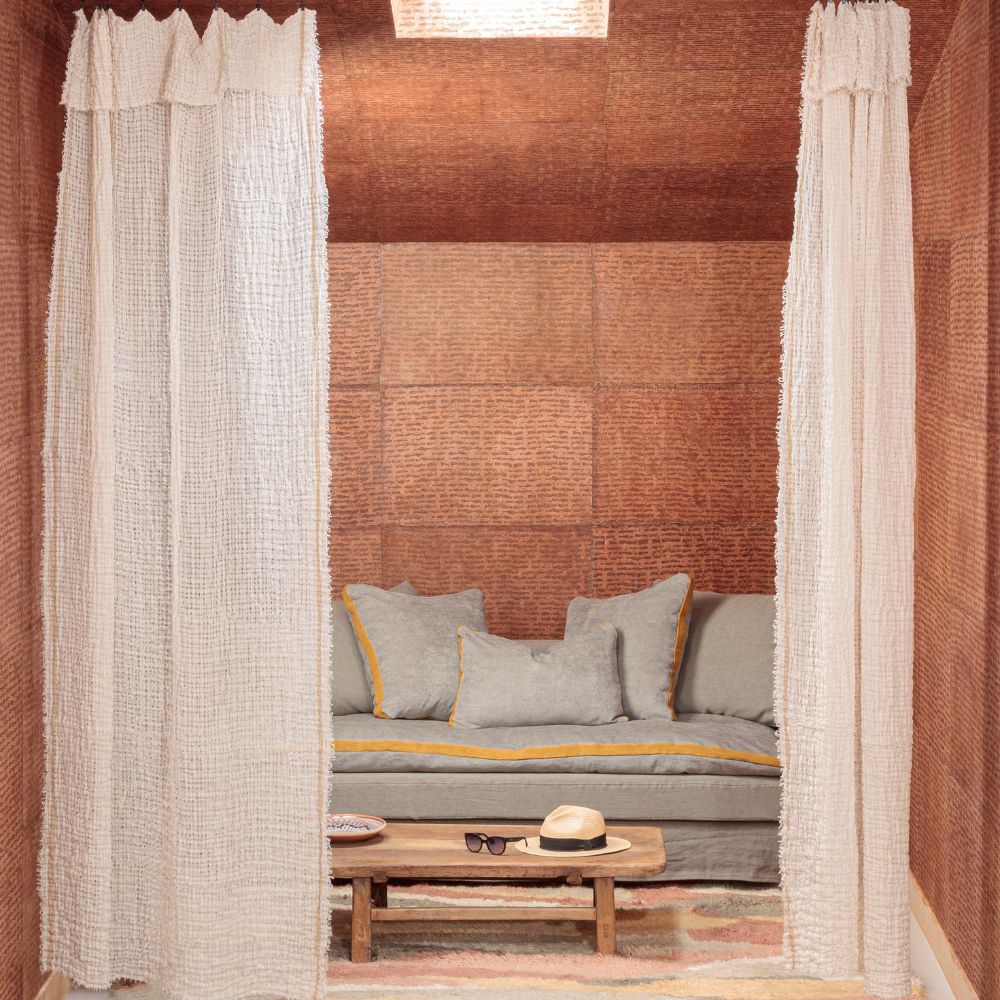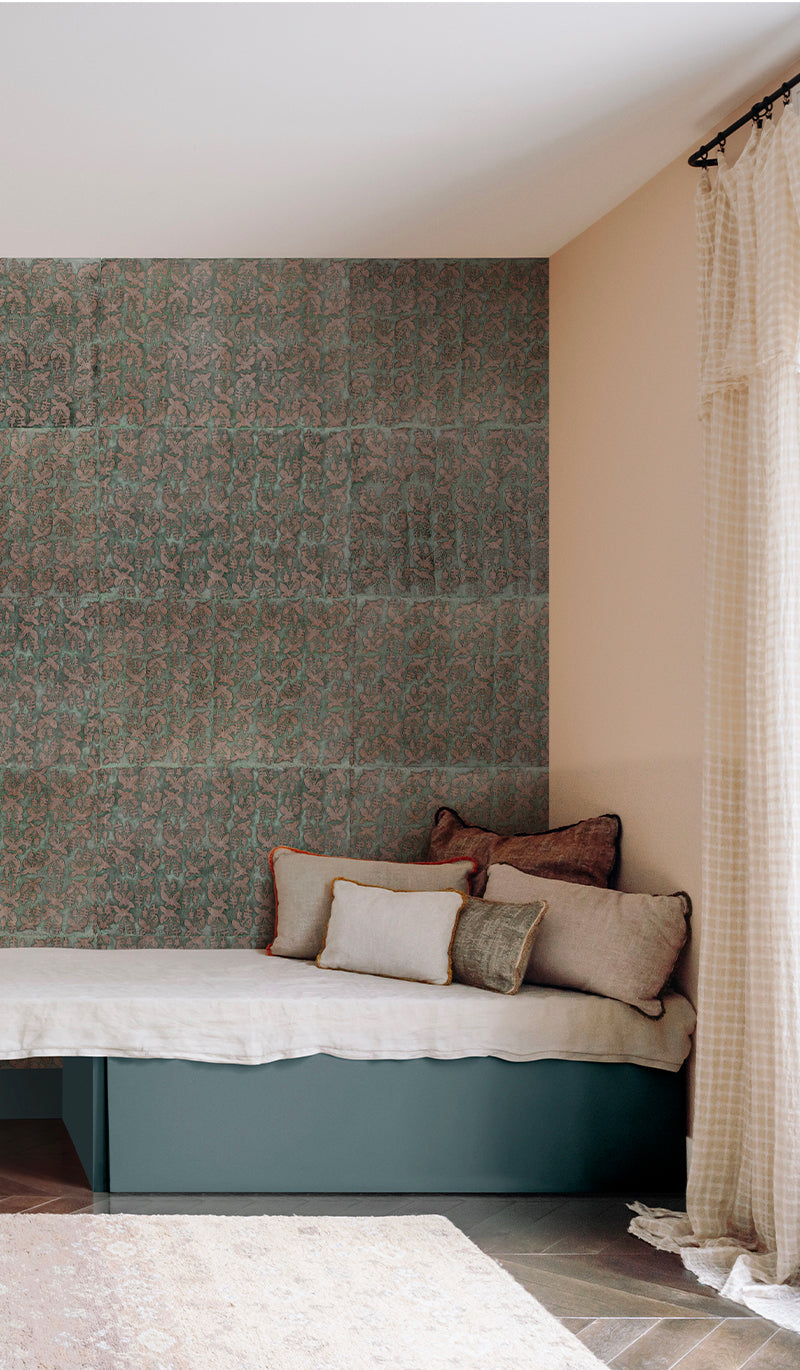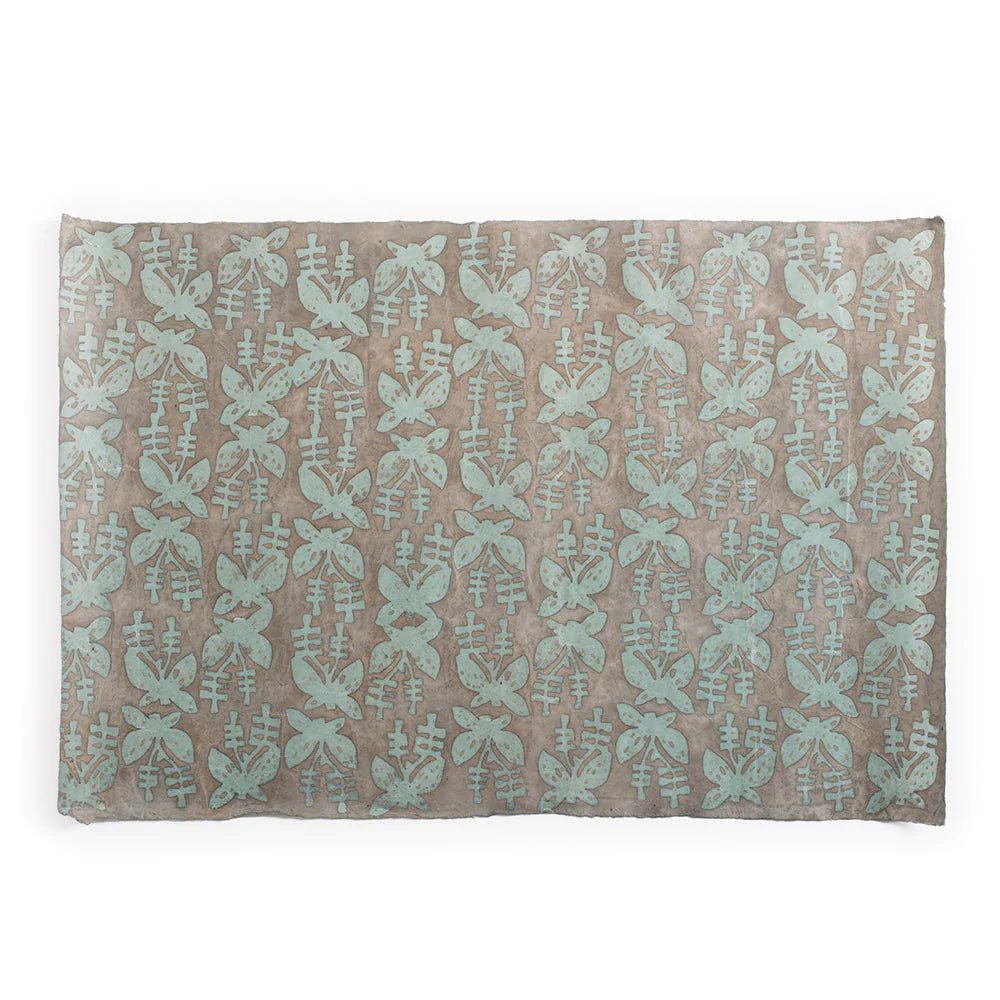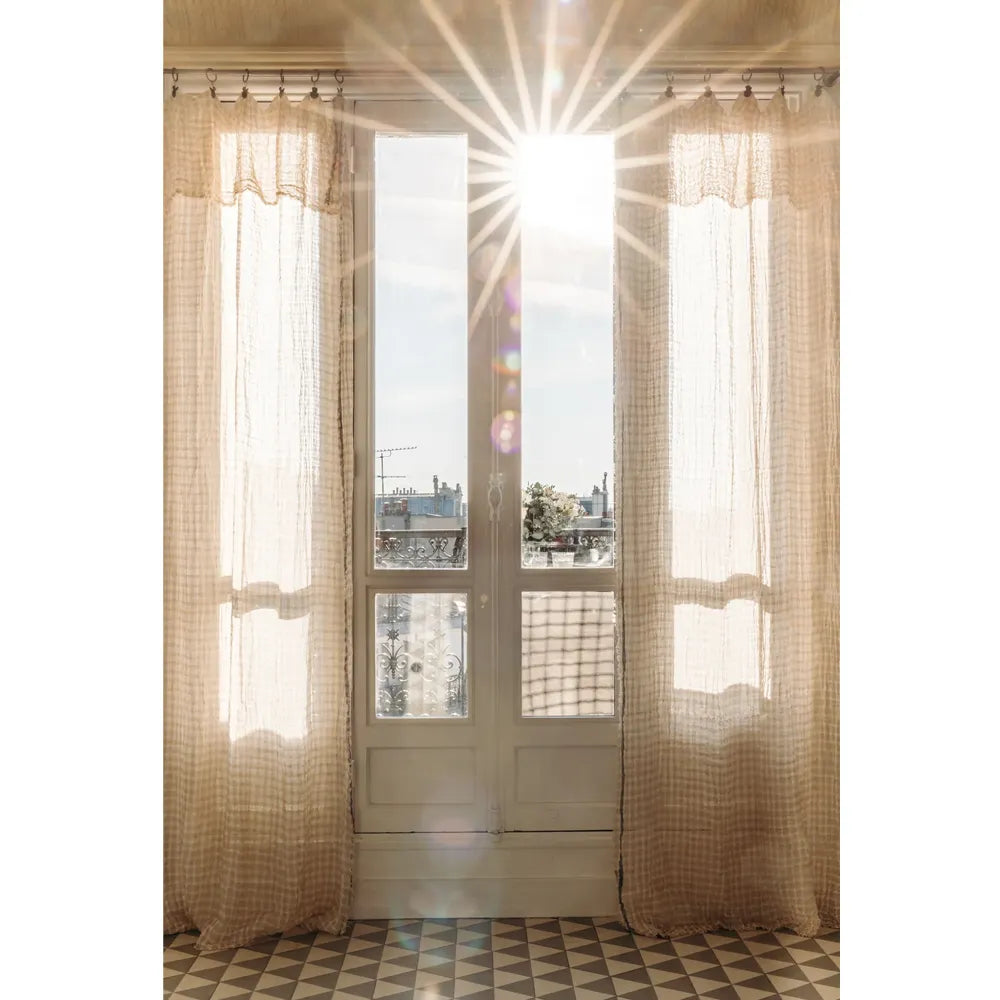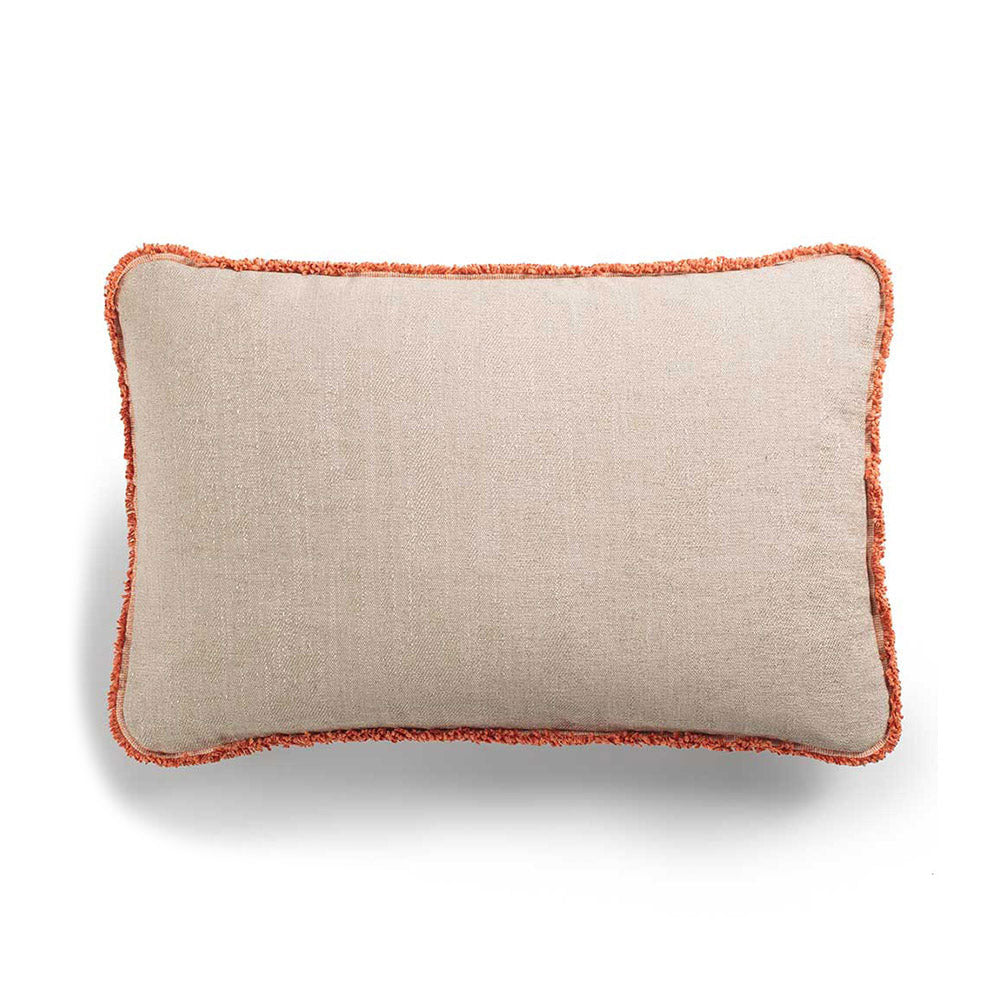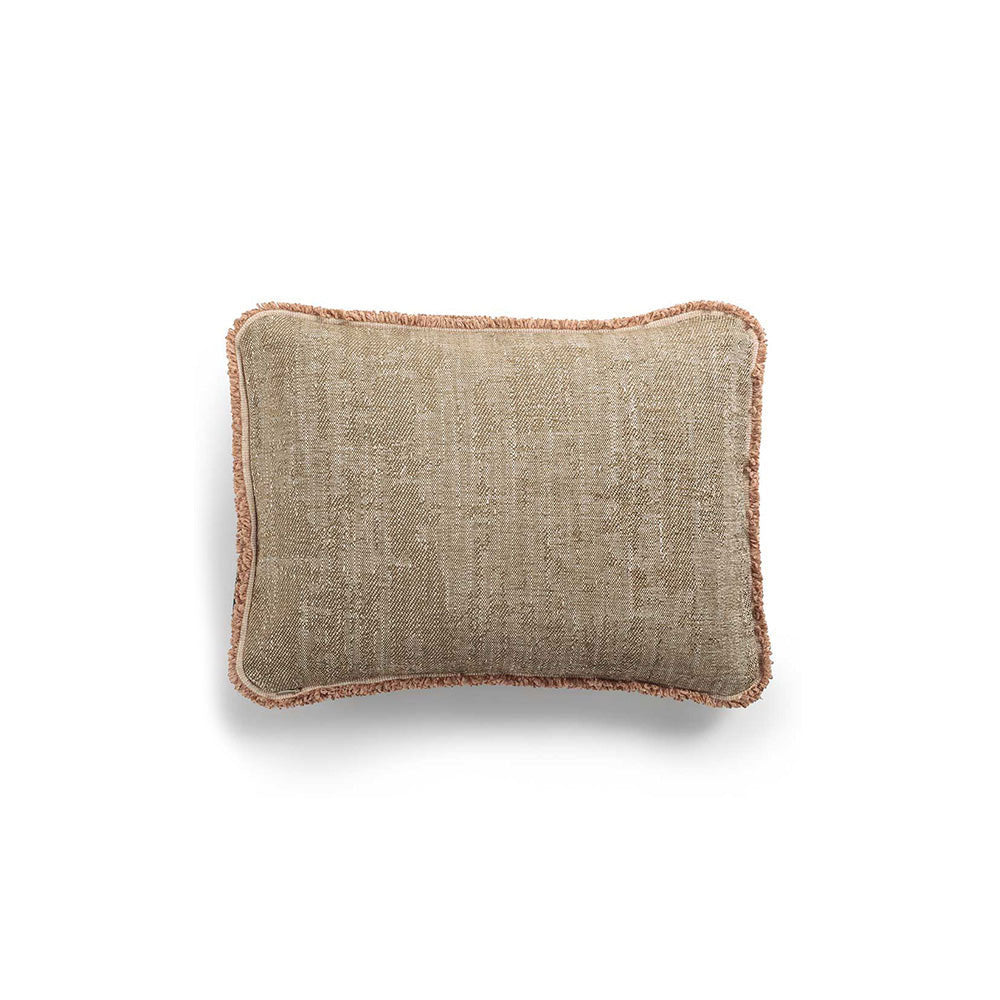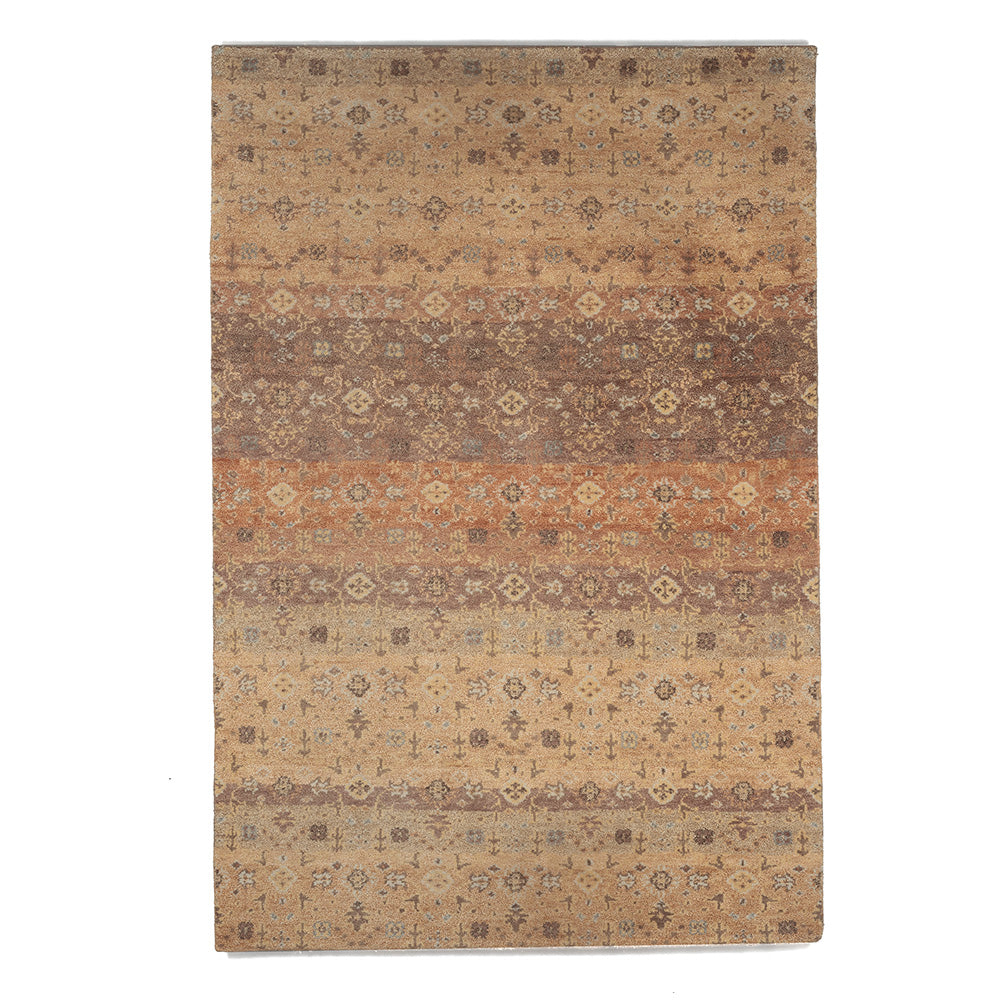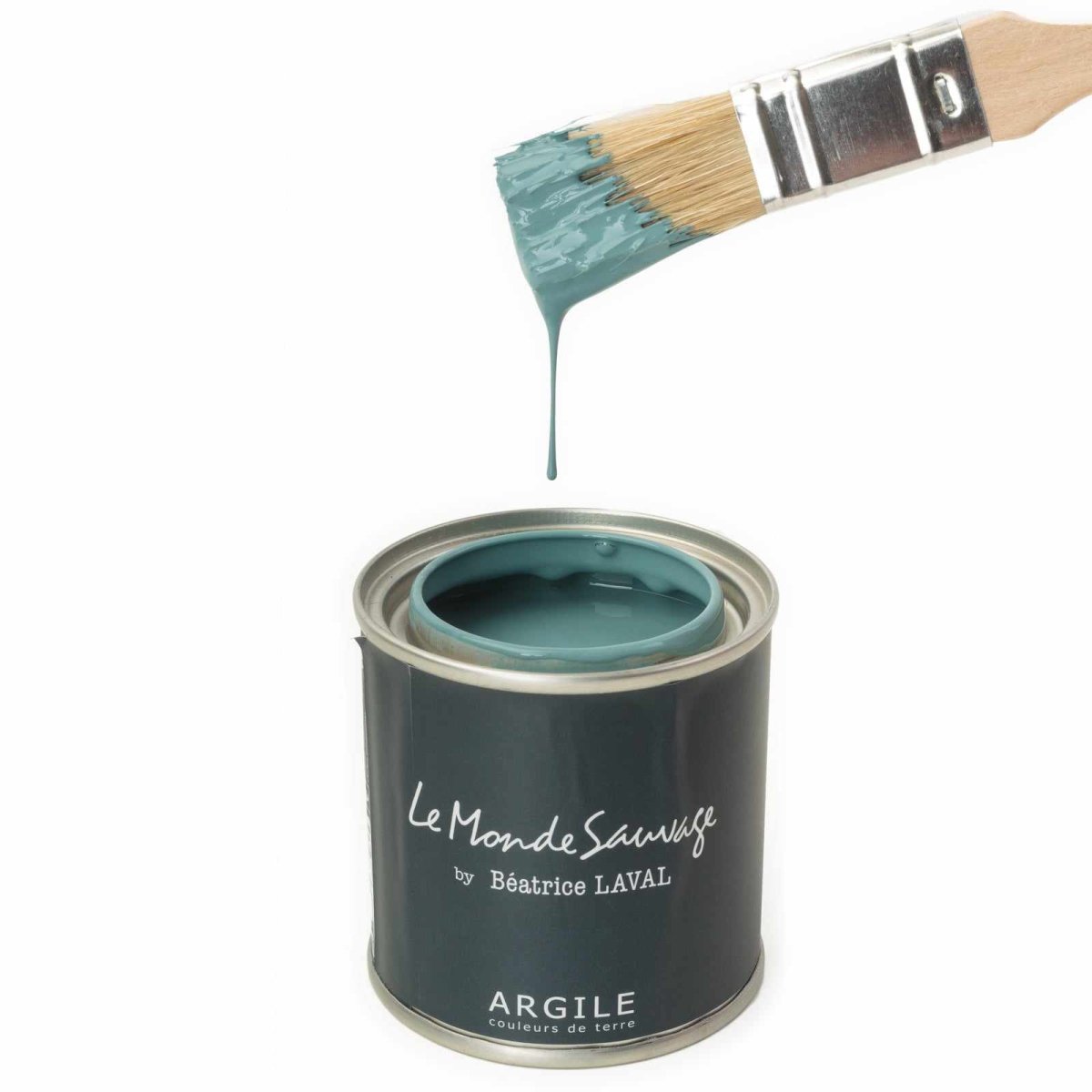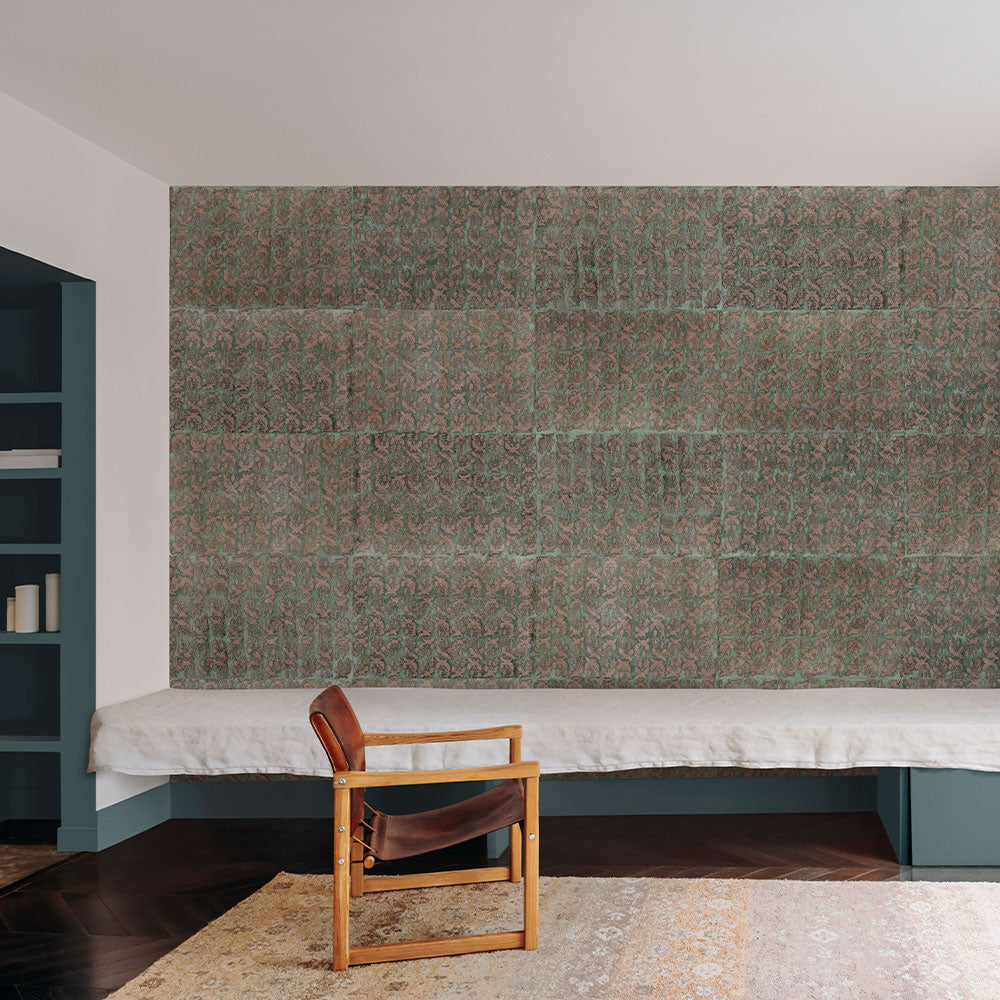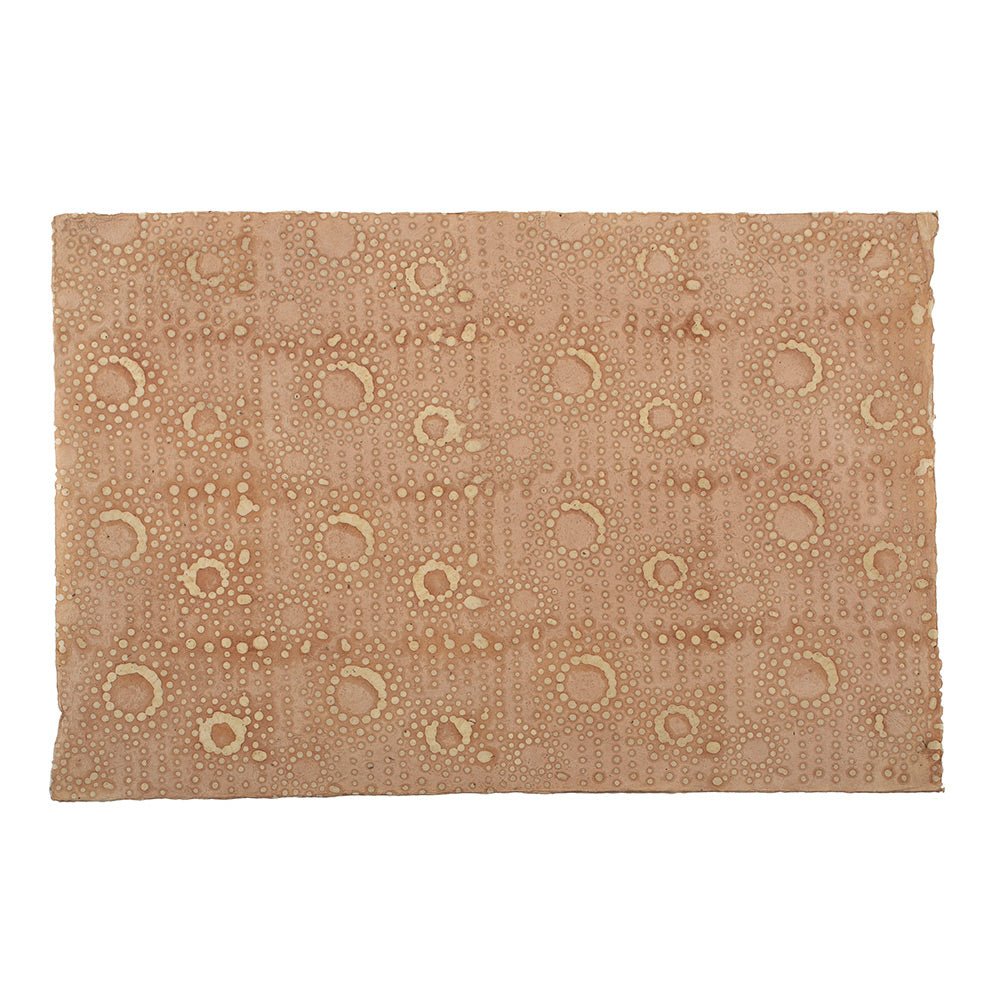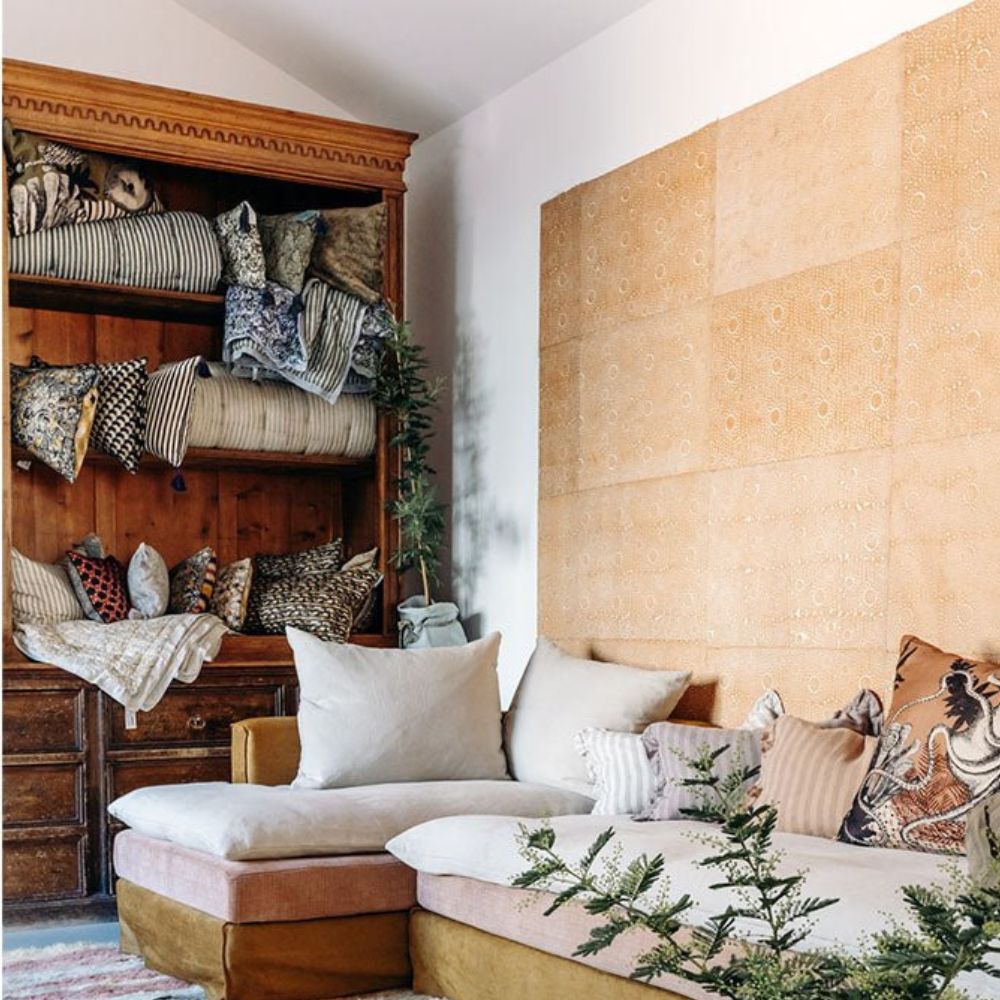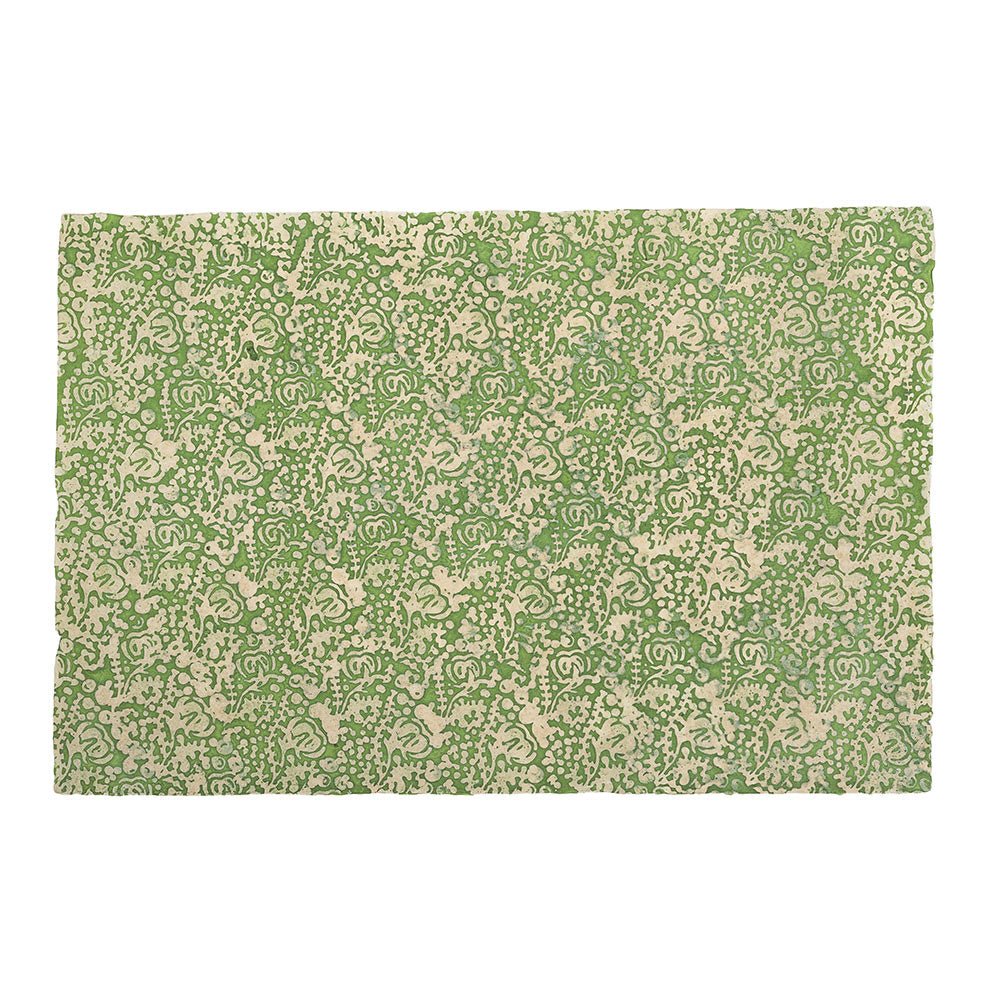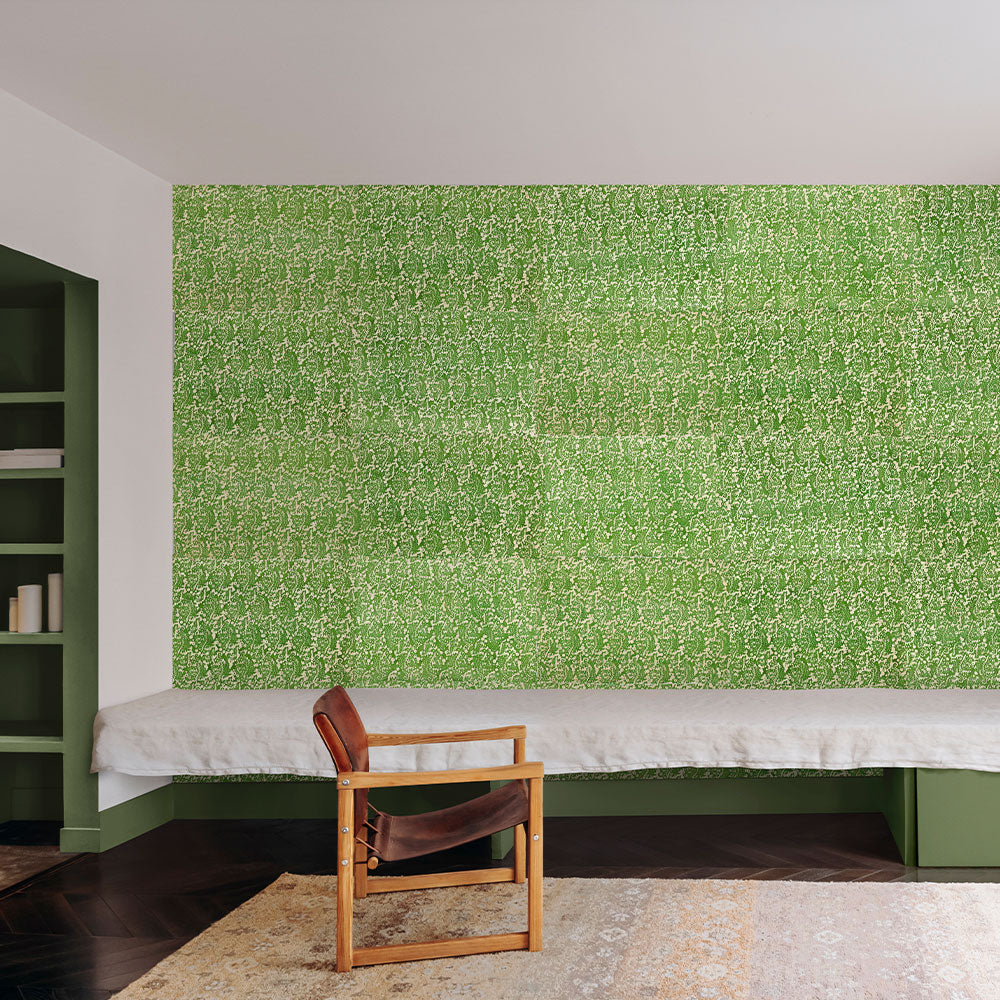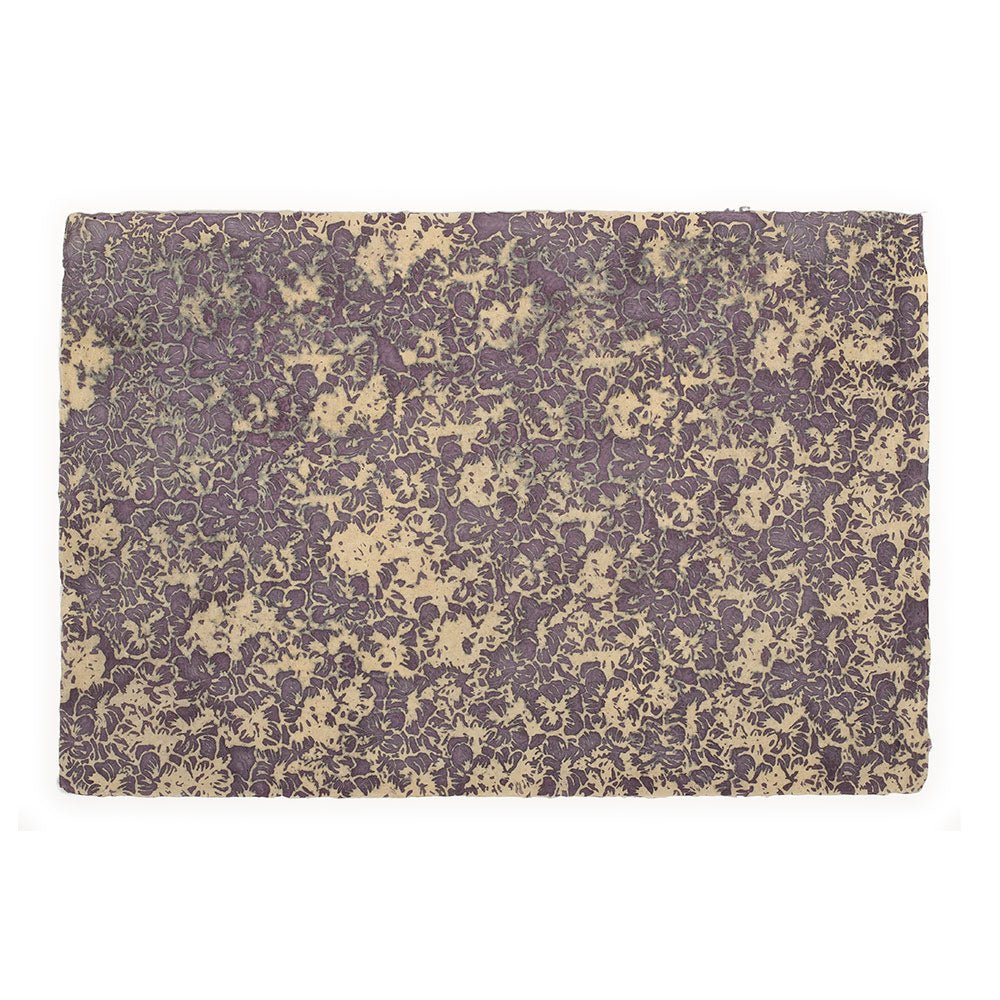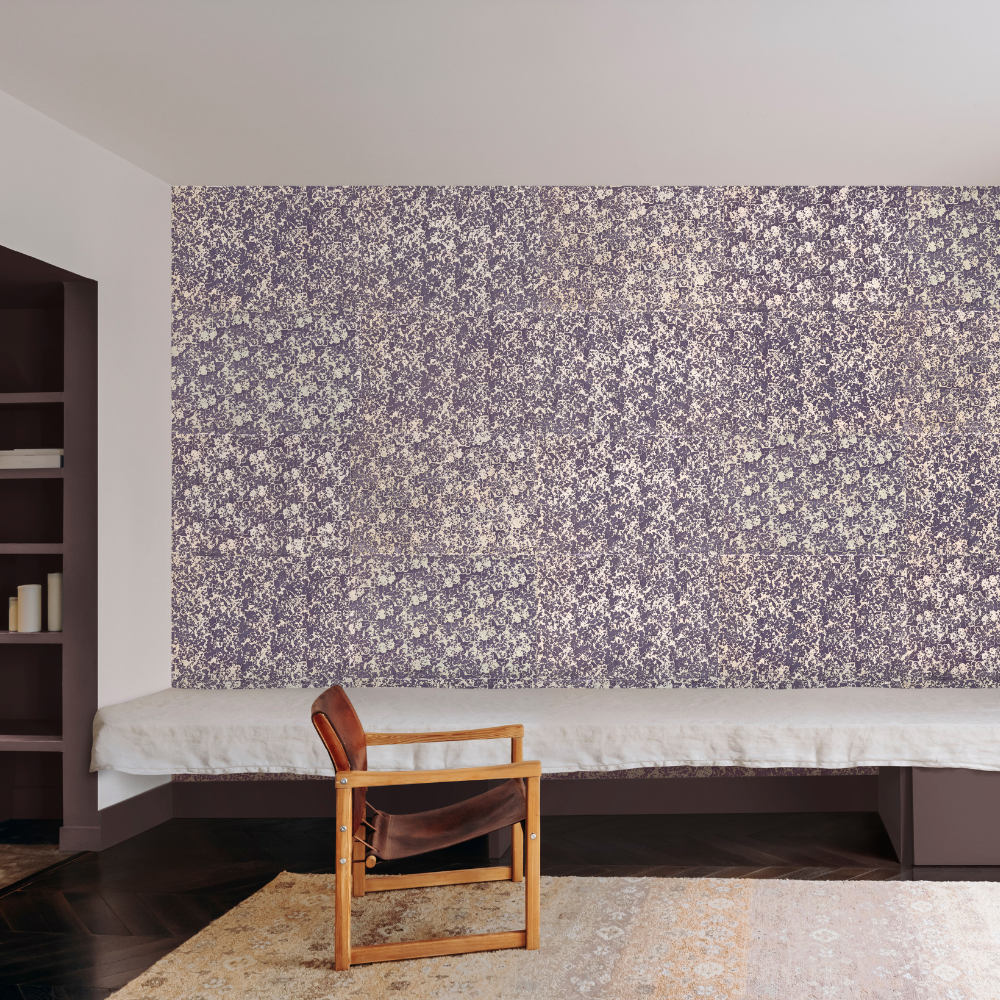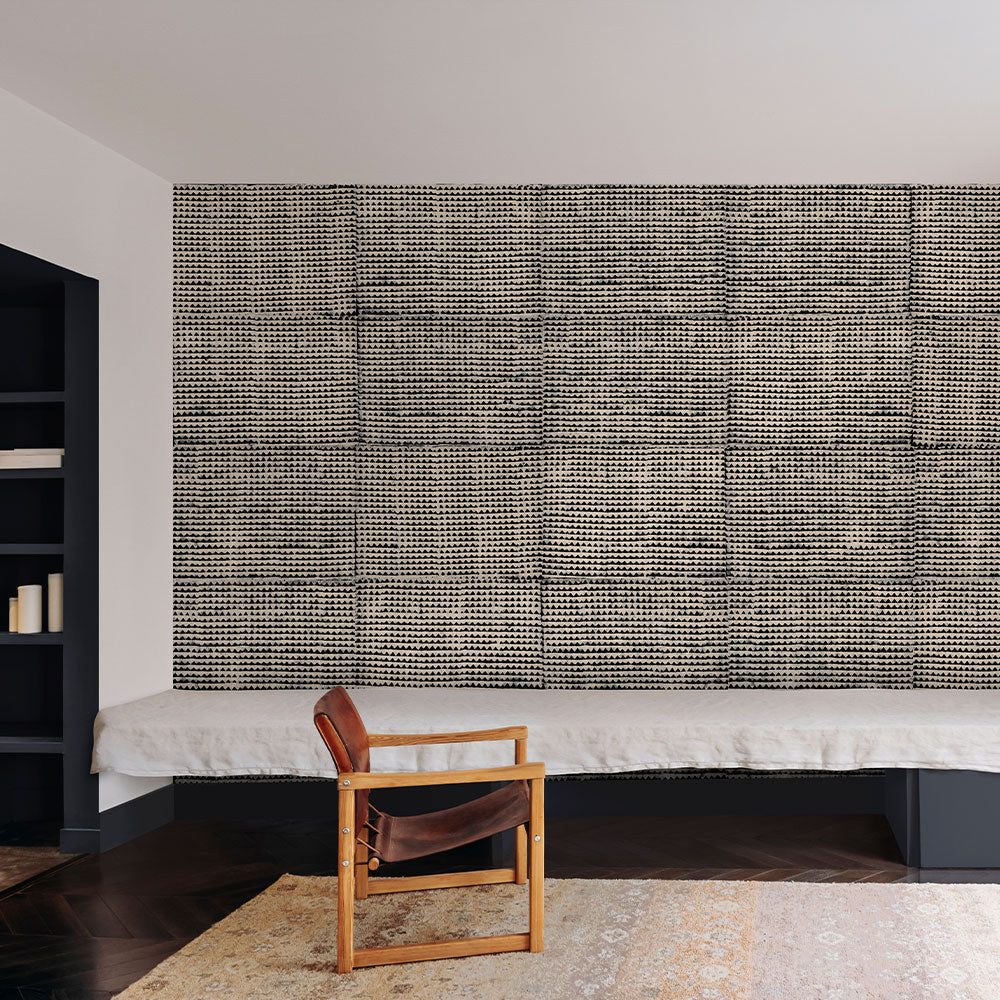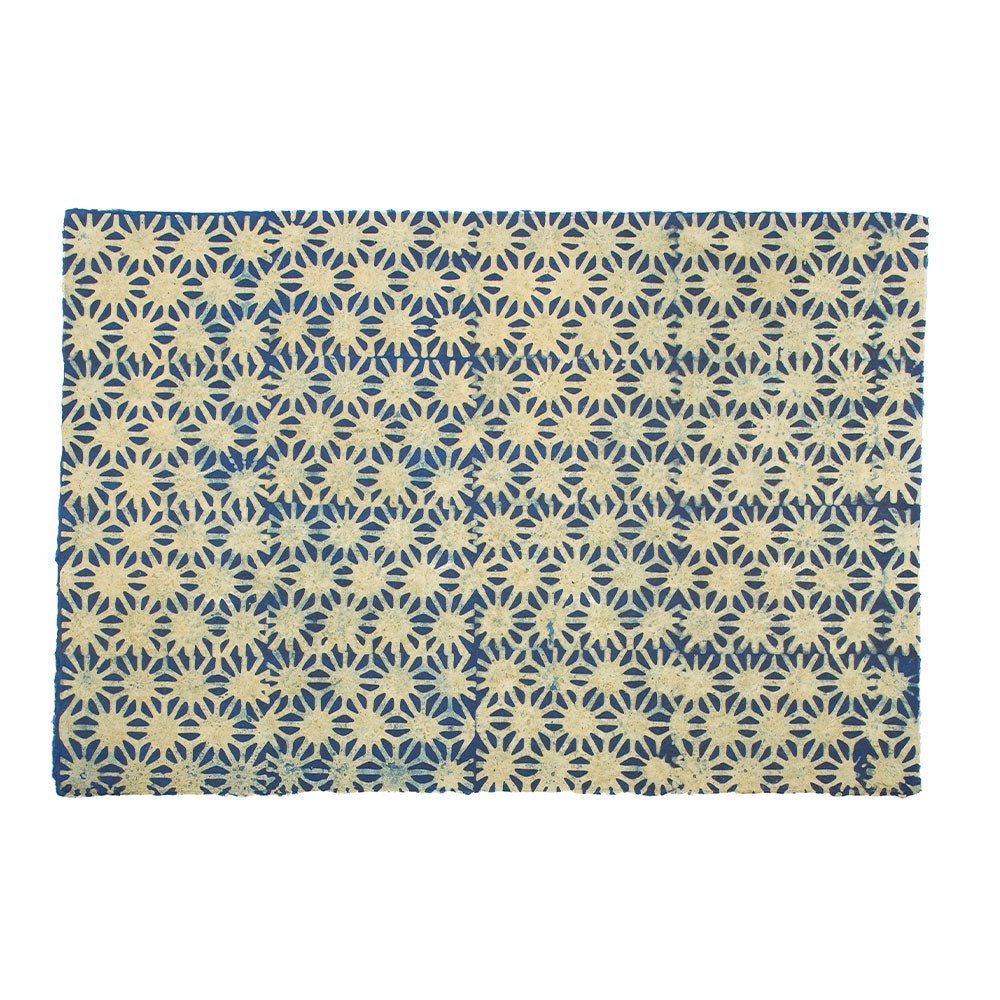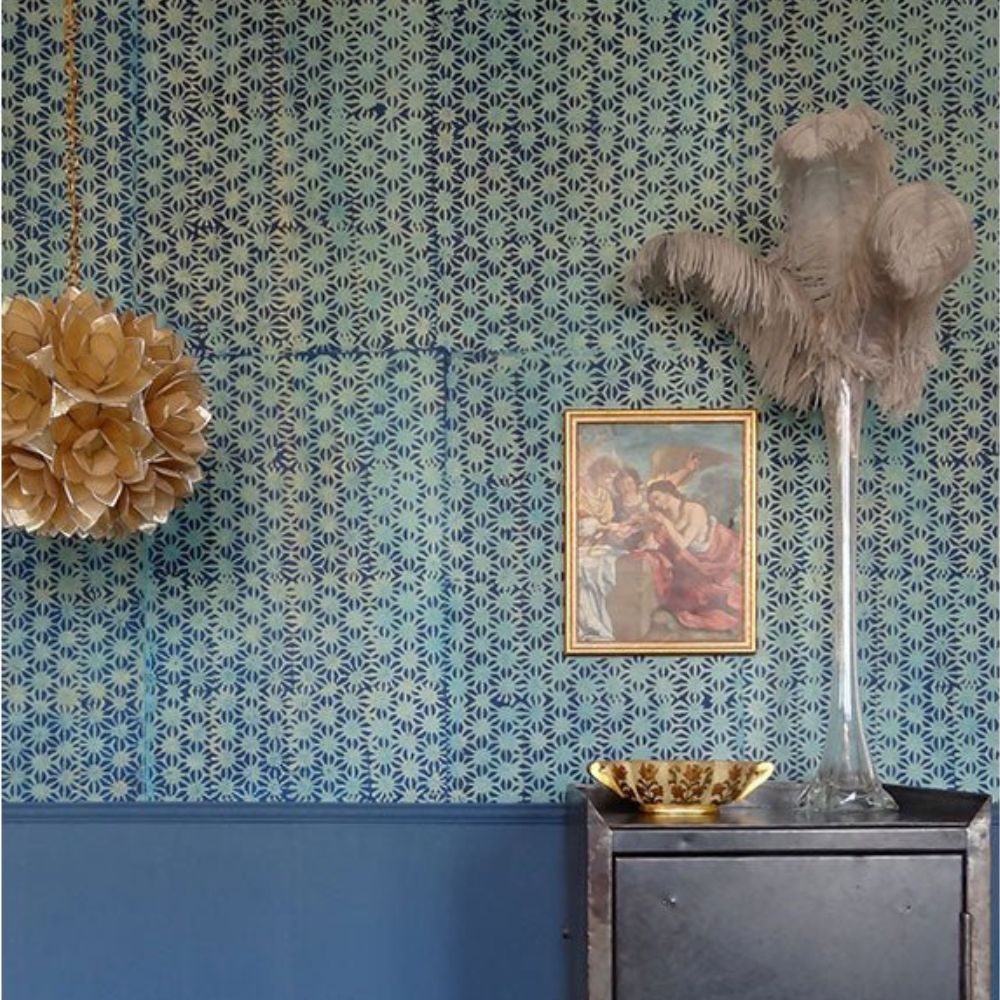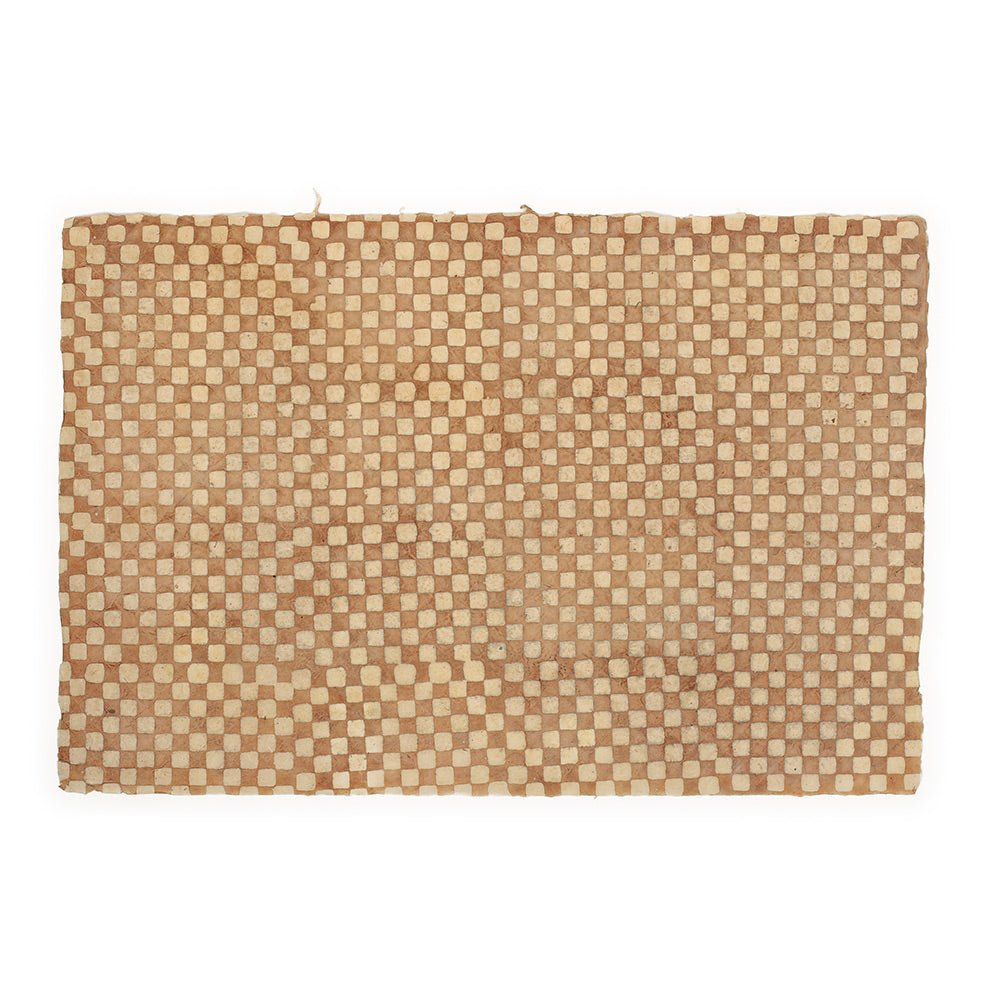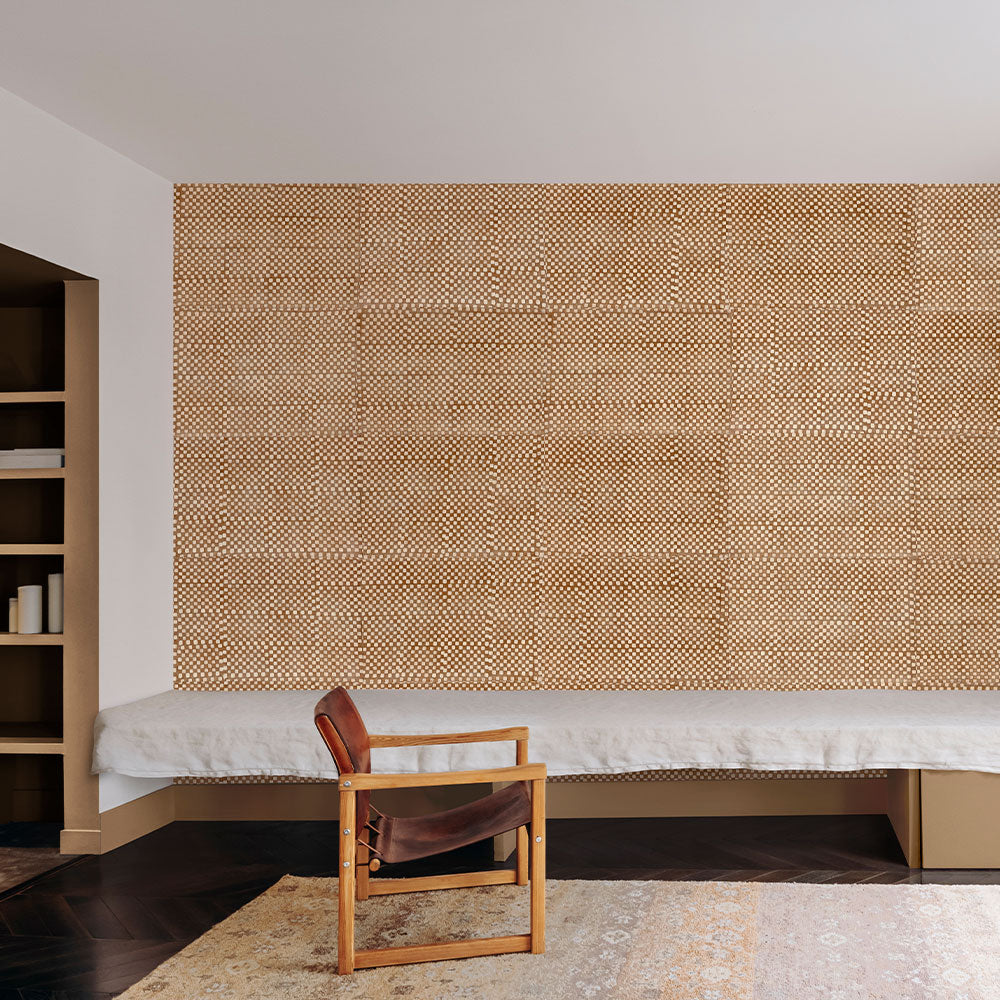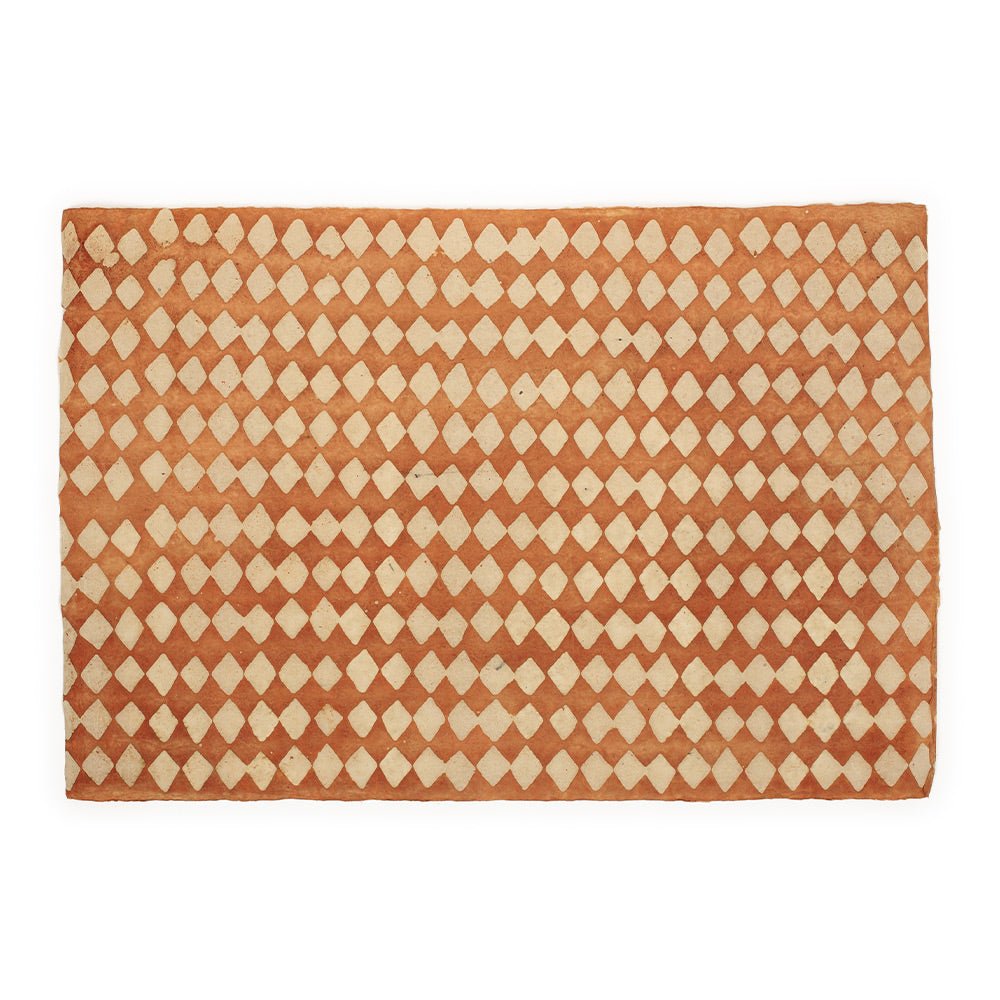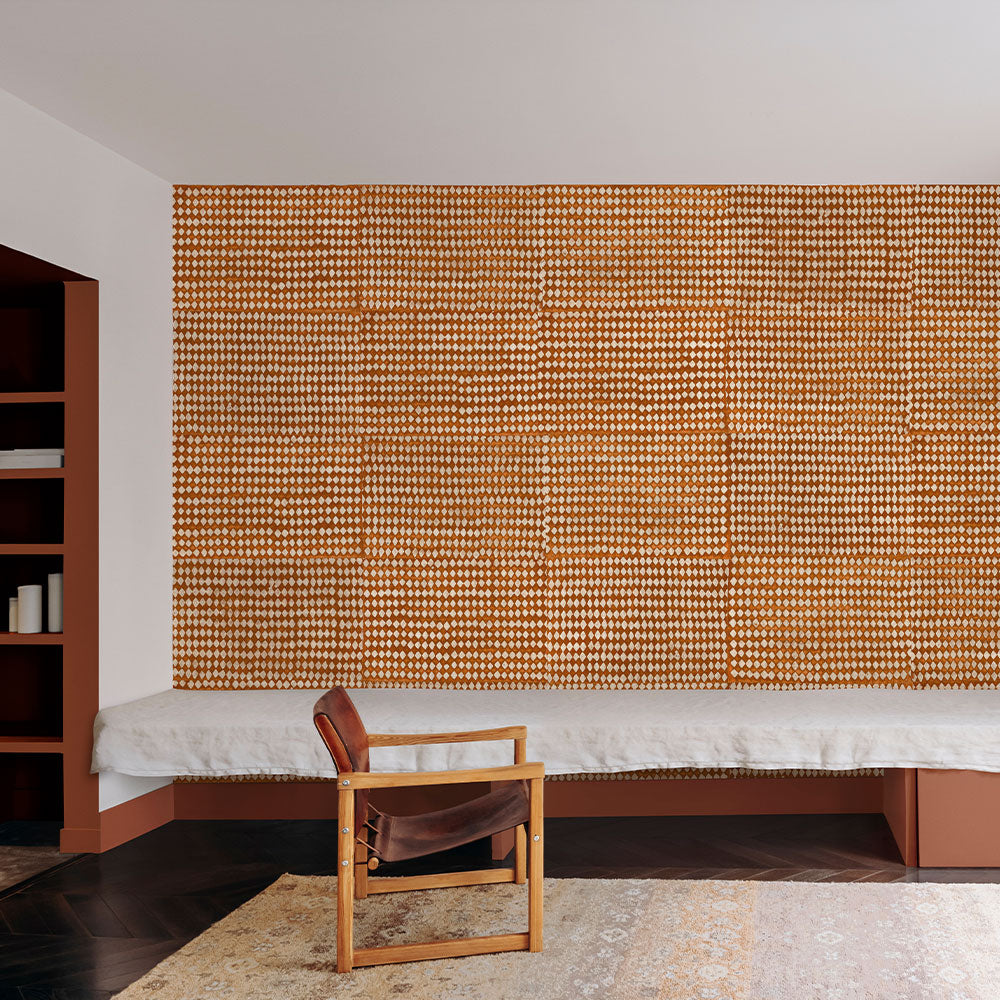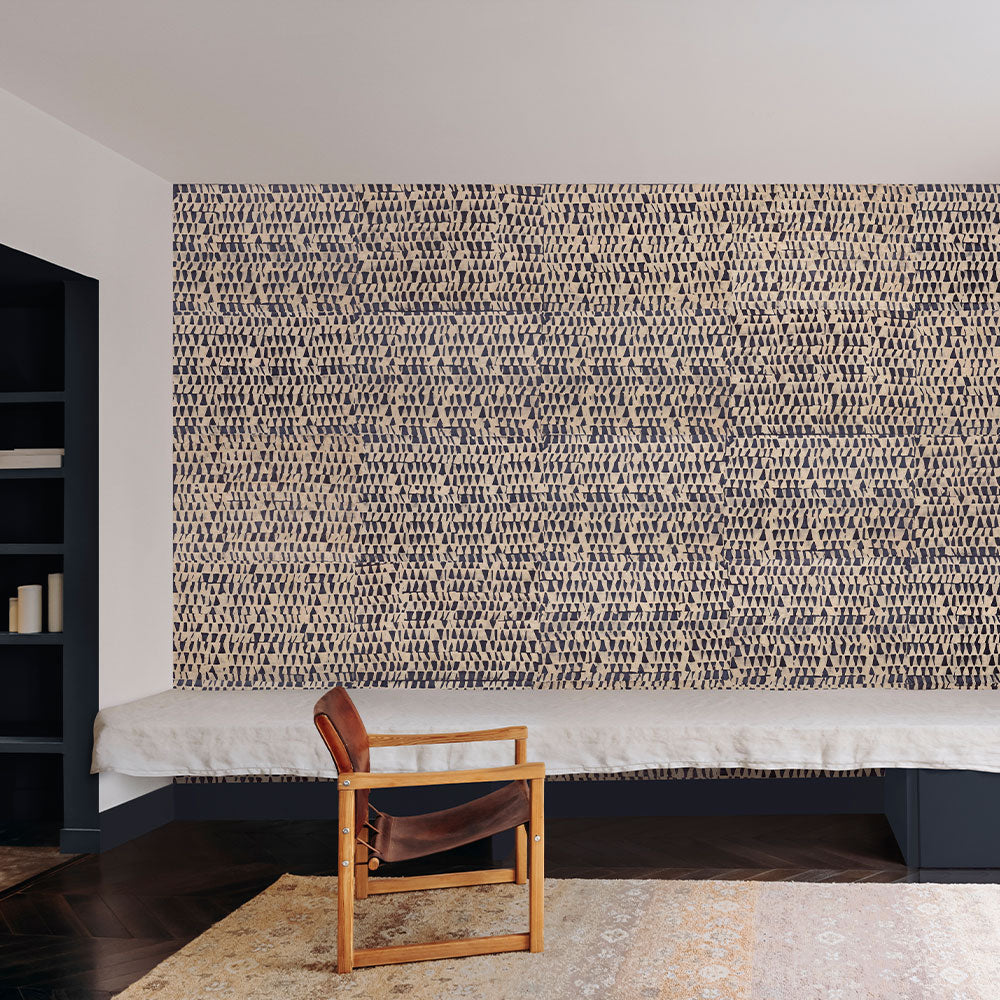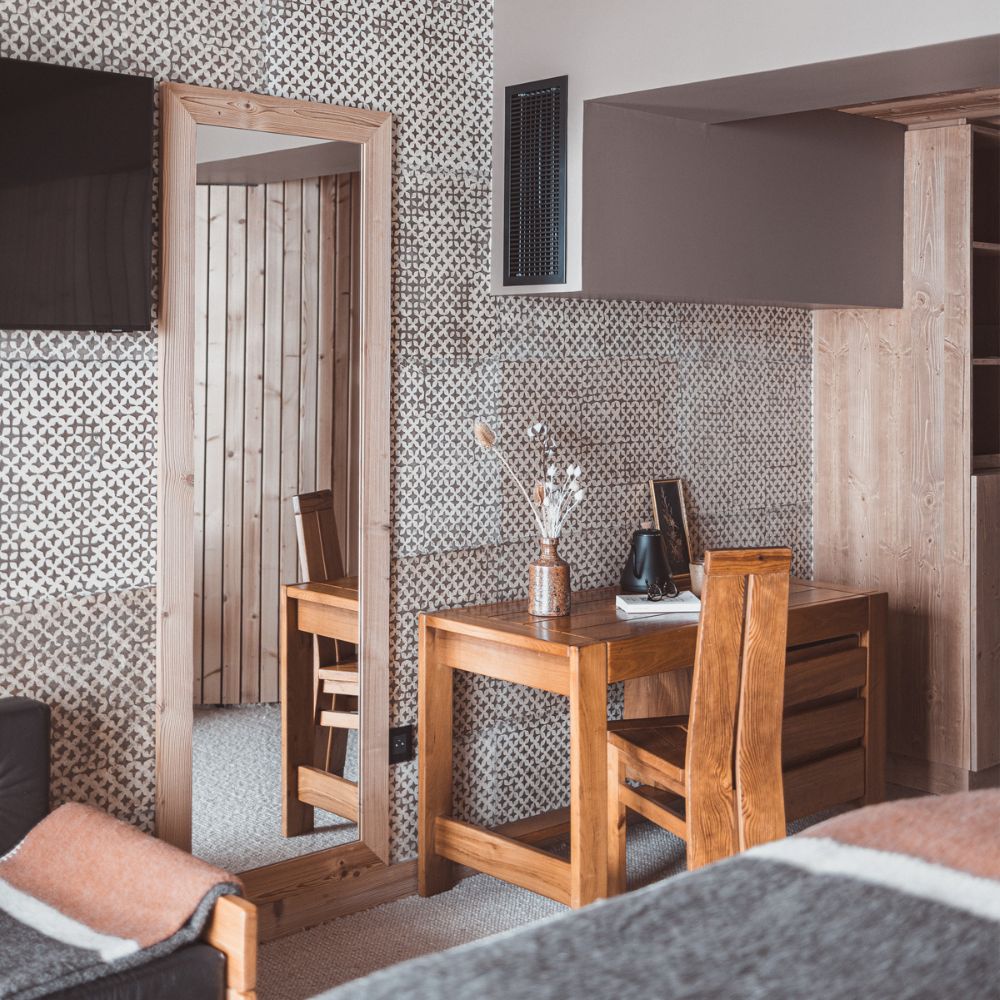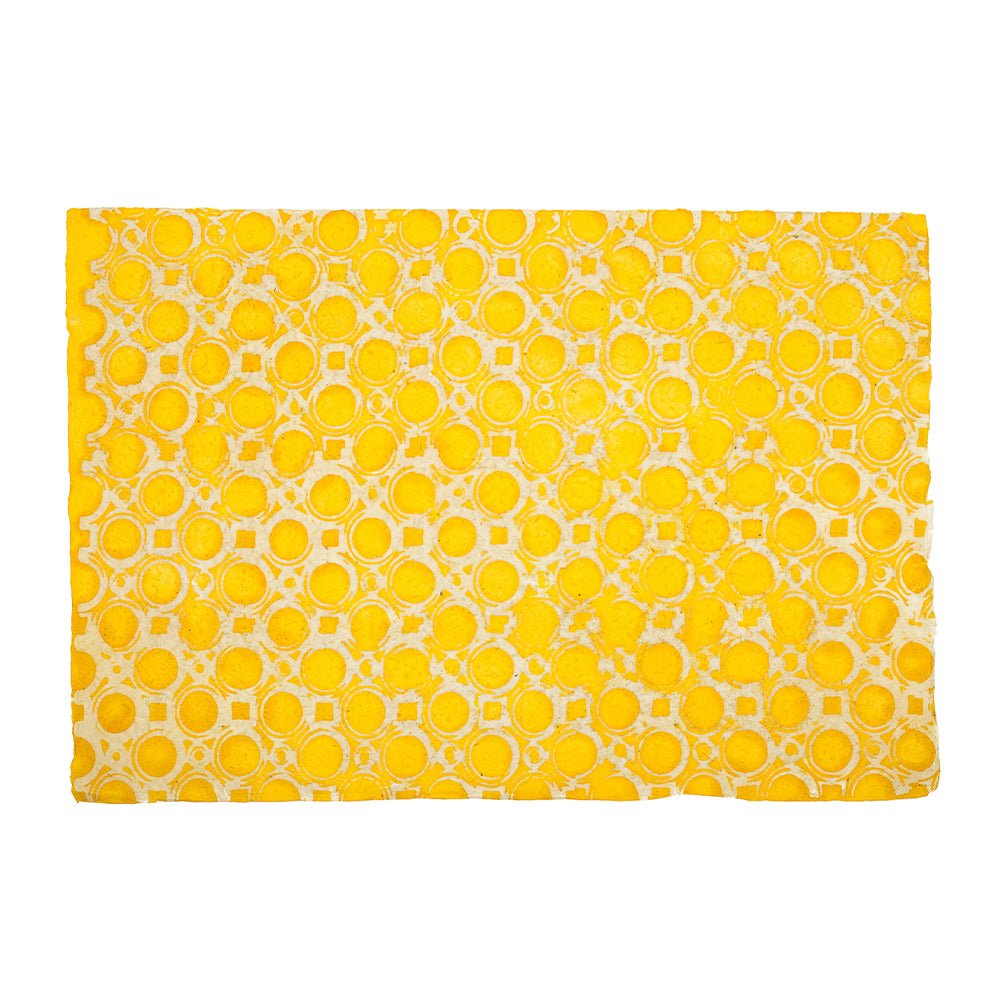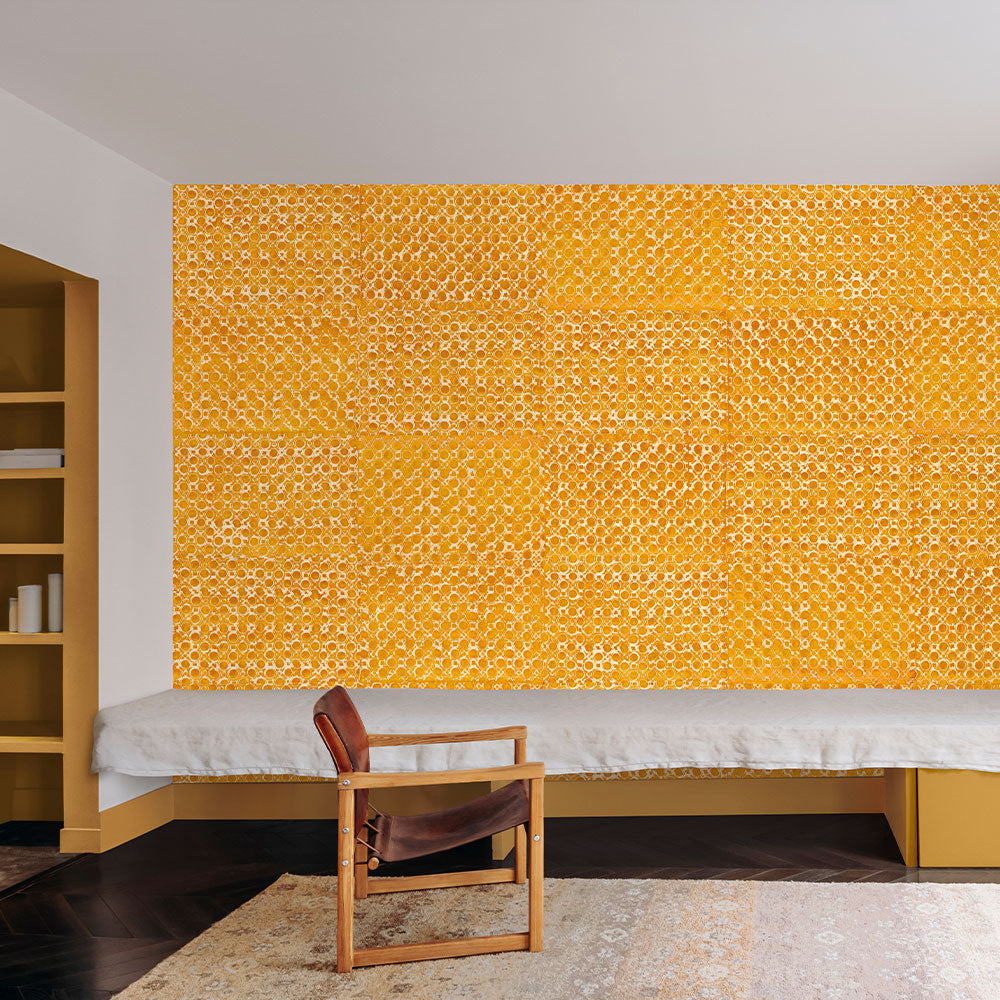LUXURY WALLPAPER
THE RETURN OF LUXURY WALLPAPER
It’s no secret that we adore wallpaper! Of late, there has been a return to papering walls and wallpaper has become a veritable source of inspiration for designers, architects and couturiers. There was a time when no-one would have dreamed of papering a wall but for the last ten years, there has been a resurgence in its popularity in the worlds of interior design, fashion and luxury. Le Monde Sauvage’s wallpaper range has been a signature collection for the brand for some fifteen years.
THE ALL OVER EFFECT
From the entrance to the bedroom and on into the living room, the LMS wallpaper collection brings colour and pattern to every wall in the house. The range is composed of fifteen papers in strong shades that work as well on the walls as on the ceiling, behind the bed, on the door of a cupboard, on the back panel of a bookshelf or in a forgotten corner.ARTISANAL CHIC Behind every luxury product is an artisan whose work makes each item unique, even sometimes perfectly imperfect. The patterns are created by our design studio and printed via wooden blocks onto rice paper using the batik technique. What’s rare is by definition precious and our wallpaper is both. Our black triangles, chestnut squares and sable coloured diamonds are motifs that create a powerful effect. If you are dreaming of something softer and more natural, our jungle, floral or sunray prints will bring the outside into your home. Whether you prefer deep or pastel colours, natural or graphic prints, the choice is yours (as long as you are prepared to forego a plain white wall that is ;)). With its perpetual dialogue between pattern and colour, our wallpaper collection is a maximalist’s dream!
SCENIC WALLPAPERS
Our scenic wallpapers are printed onto recycled paper.The final details are added to each panel by hand to give them a completely unique finish. Our scenic wallpapers are a modern take on the wall coverings or tapestries that were used to bring nature into the home in the past. They are a powerful addition to a bedroom, living room or dining room and can be applied horizontally, vertically or as a triptyque. The colours are subtle and faded.Try our scenic range for a completely unique interior. EASY TO APPLYThe other important thing to know about our wallpapers is that they are extremely easy to apply. Overcome your fear of lengthy rolls of paper, edges that don’t match, the set square and the spirit level. Our wallpaper is composed of multiple irregular sheets that can be positioned side by side with ease. Their irregularity is part of their charm. We even recommend leaving the uneven edges visible as they are what makes our paper so unique. Even perfectionists are surprised by how much pleasure they derive from the uneven finish that brings walls to life.
INFORMATION & ADVICE
Each box contains twelve sheets that each measure50x70 cm. One box will cover 4 m2. Use a standard, good quality wallpaper glue. Avoid applying to a wall near water in the kitchen or the bathroom. Each paper has acoordinated paint colour from our paint range, with a high-end velvet mat finish. If you are hesitating between different motifs, we can send you samples free of charge.
ONCE UPON A TIME
Paper was first used as a wall covering in Europe in the sixteenth century. ‘Domino’ papers were the predominant wallpaper type at that time: small rectangles of metal-printed paper with geometric or floral motifs which were then hand-painted or stencilled to add colour. They were used to cover boxes and books as well as walls, allowing for the creation of unique, bespoke interiors.At the beginning of the eighteenth century in bothFrance and England, the paper rectangles were joined together to form a roll prior to the printing process, marking the start of wallpaper as we know it today. Wallpaper usage started to become more widespread and manufacturers emerged who were able to make larger, rolled quantities using printing presses.Even greater printing prowess emerged during the nineteenth century leading to wallpaper being used to created trompe-l’œil panels. Between the end of the nineteenth and start of the twentieth century, wallpaper production grew, its spread aided by ever increasing urbanisation. Botanical or floral motifs gave way to art nouveau and art deco designs which were replaced in turn by pop art.A study of the motifs and colours used in wallpaper design is a wonderful window onto the evolutions of an era. More recently, a new wave of designers, architects and couturiers have been revisiting historical wallpaper designs asa source of inspiration for both fashion and luxury interiors.











